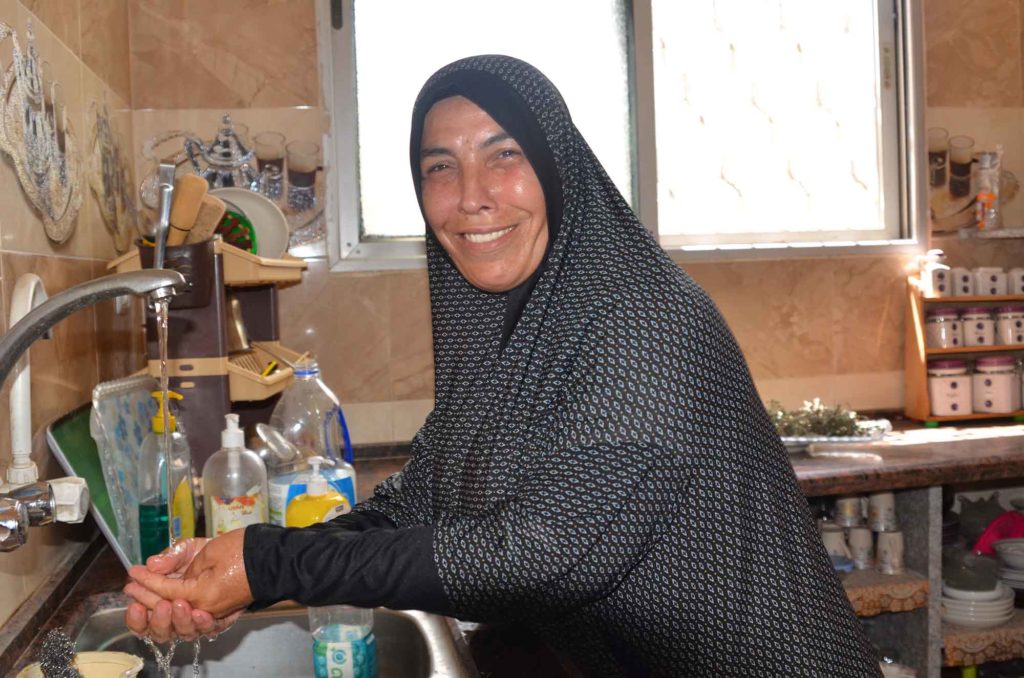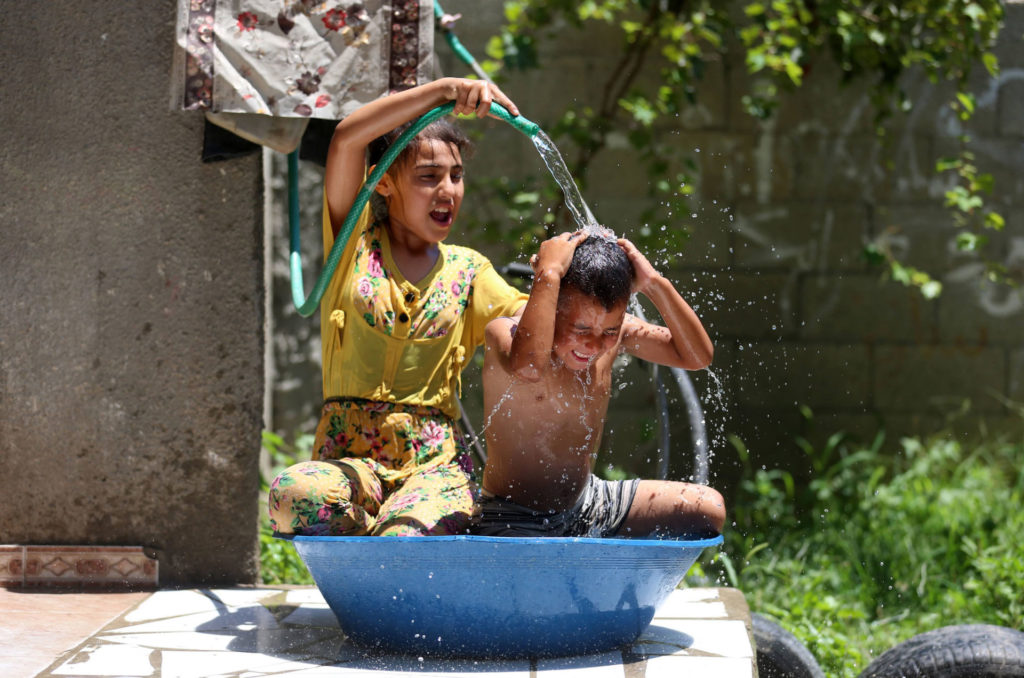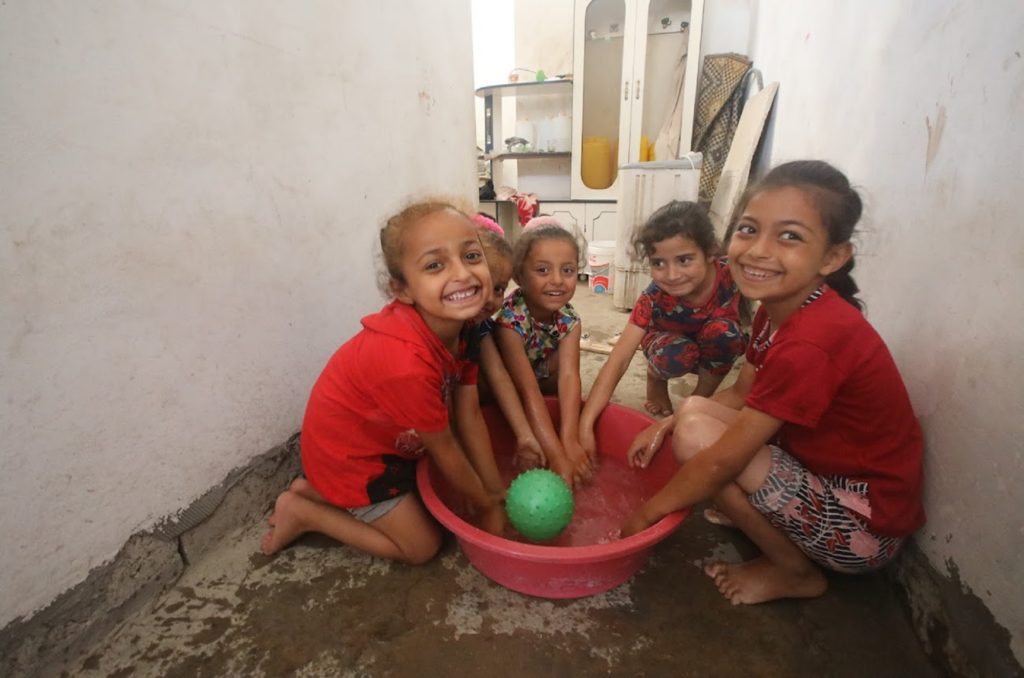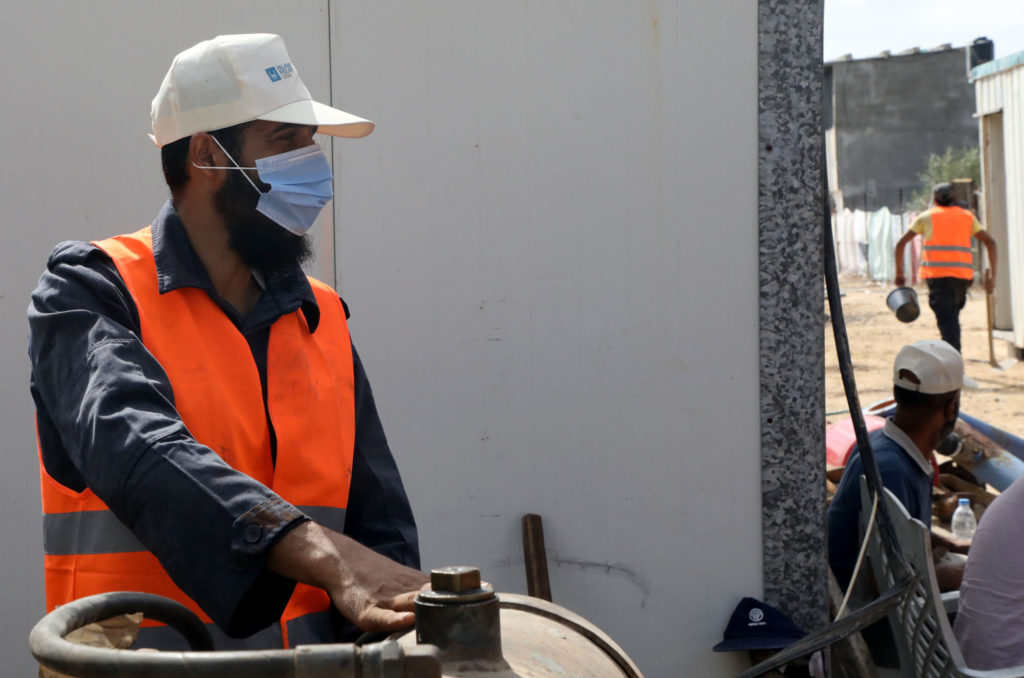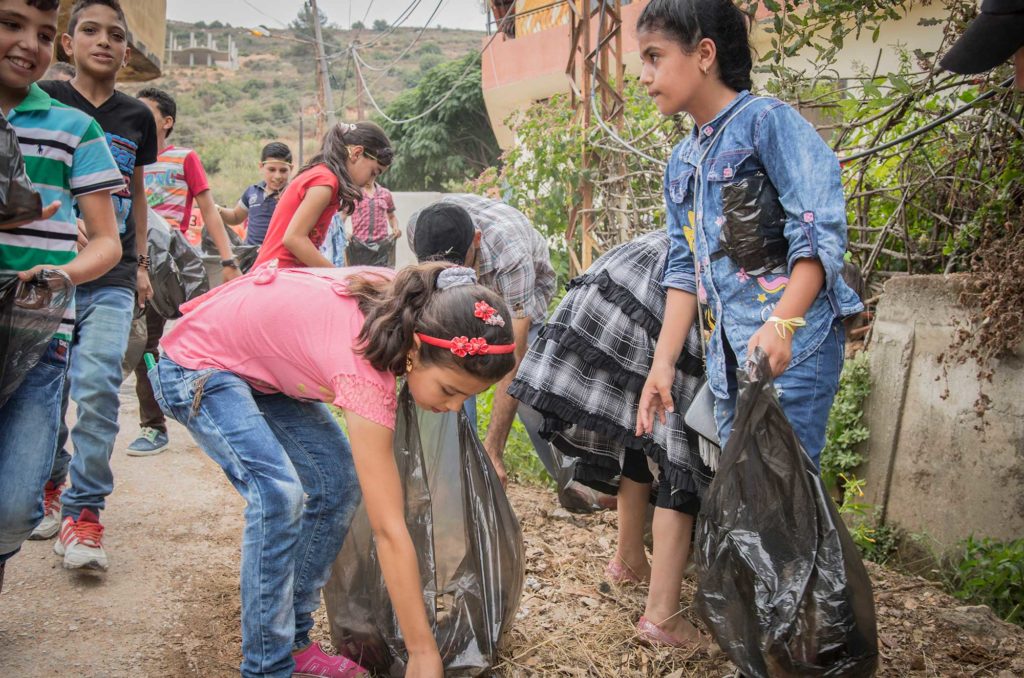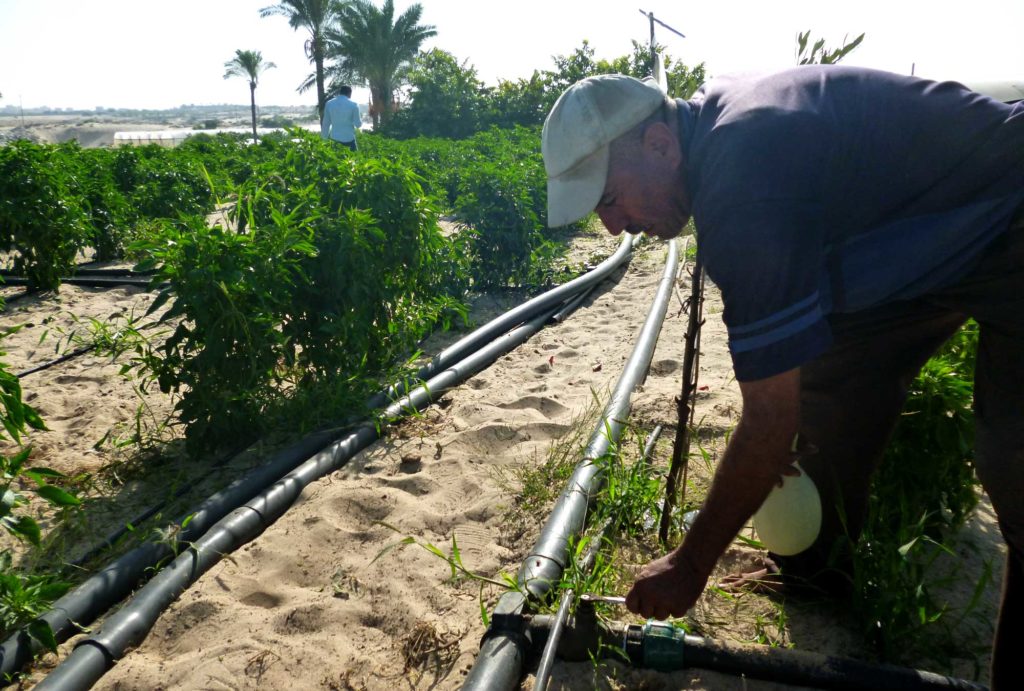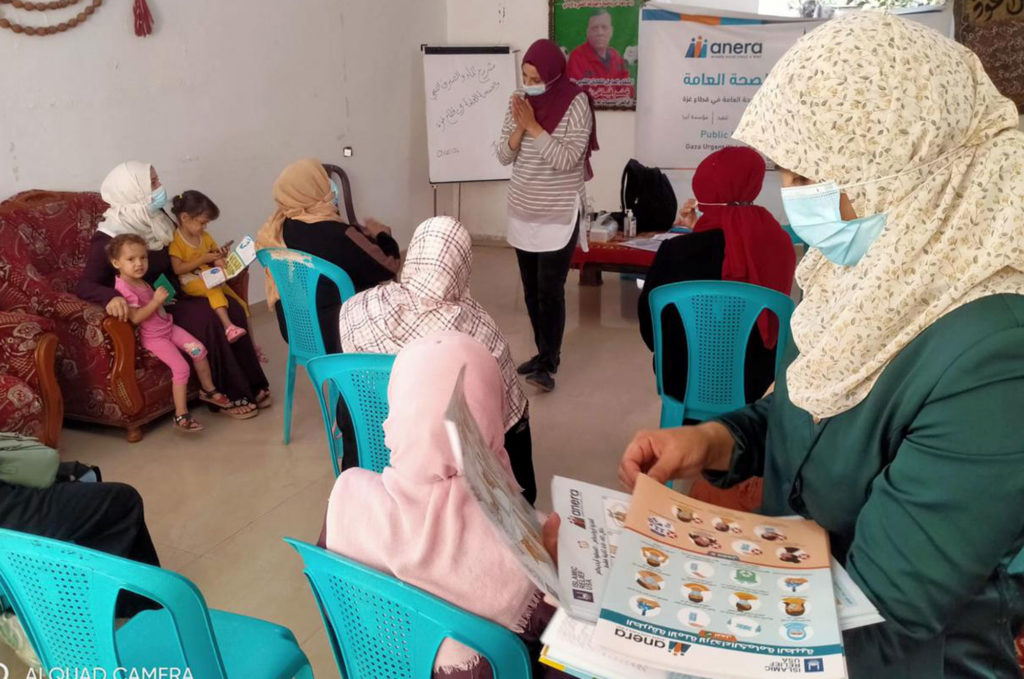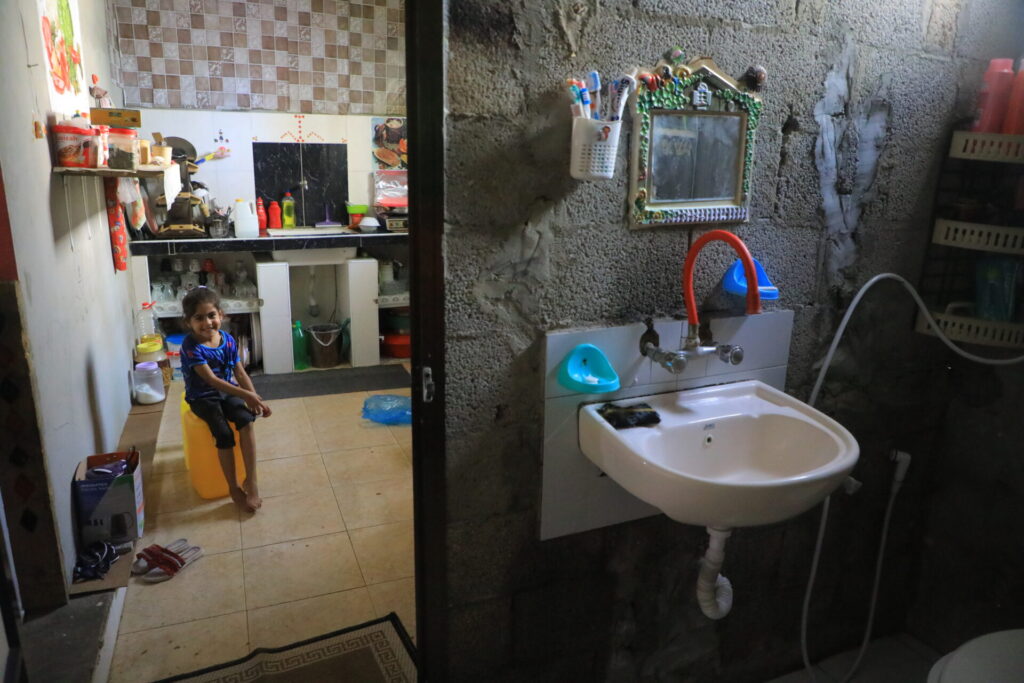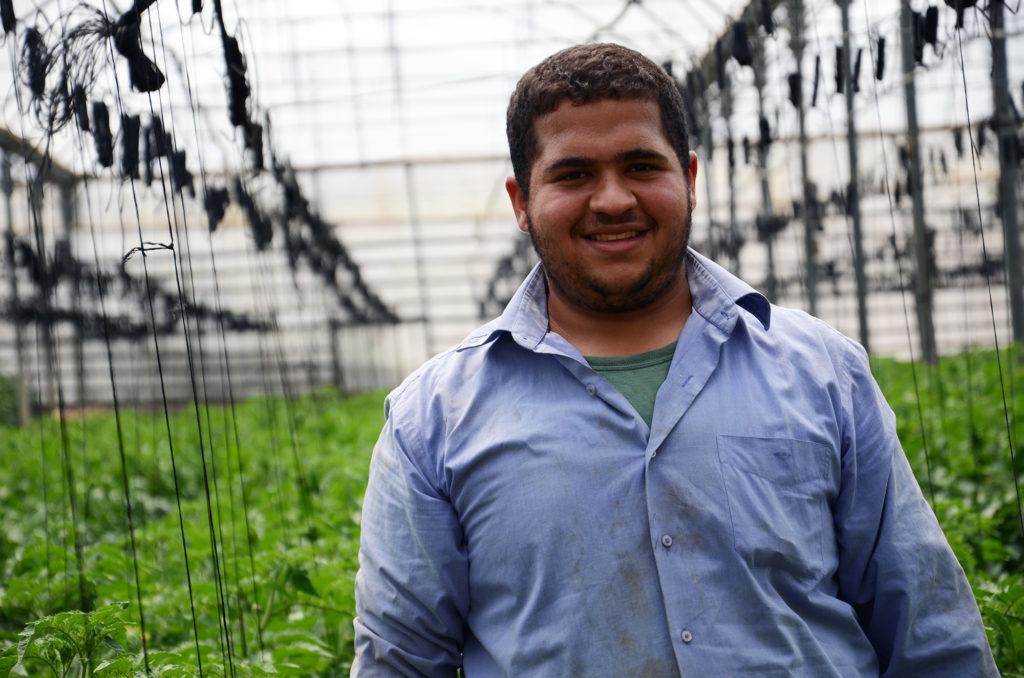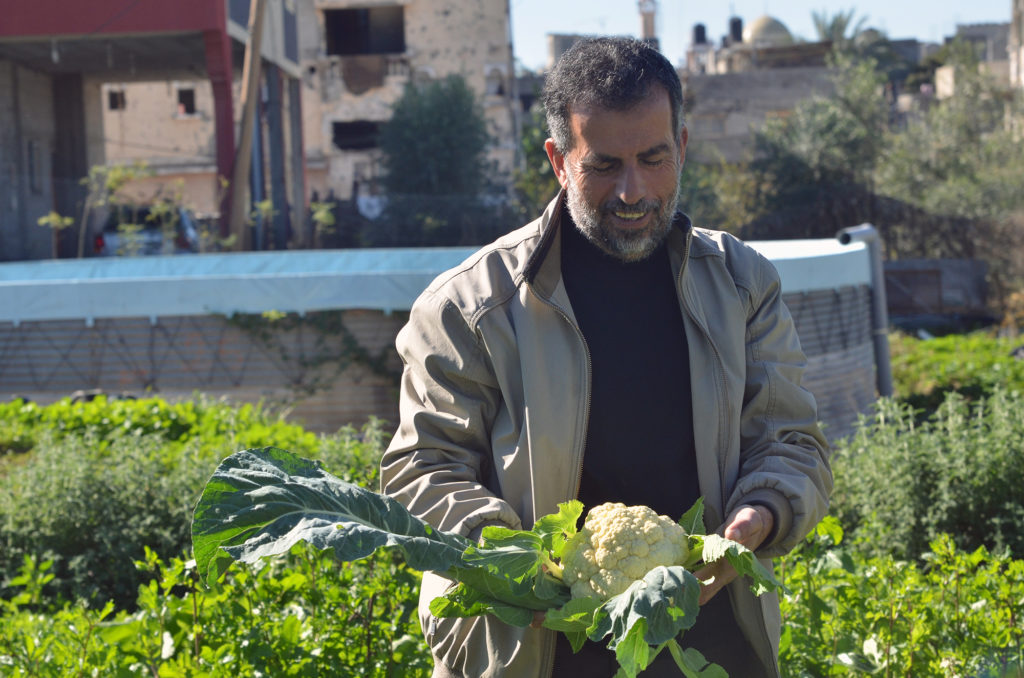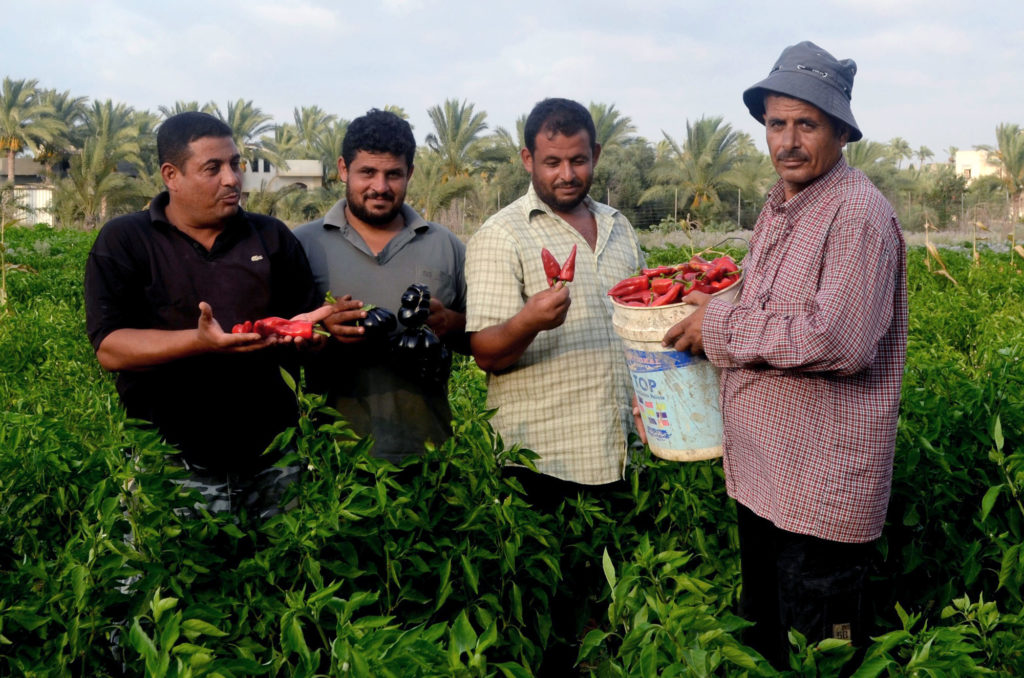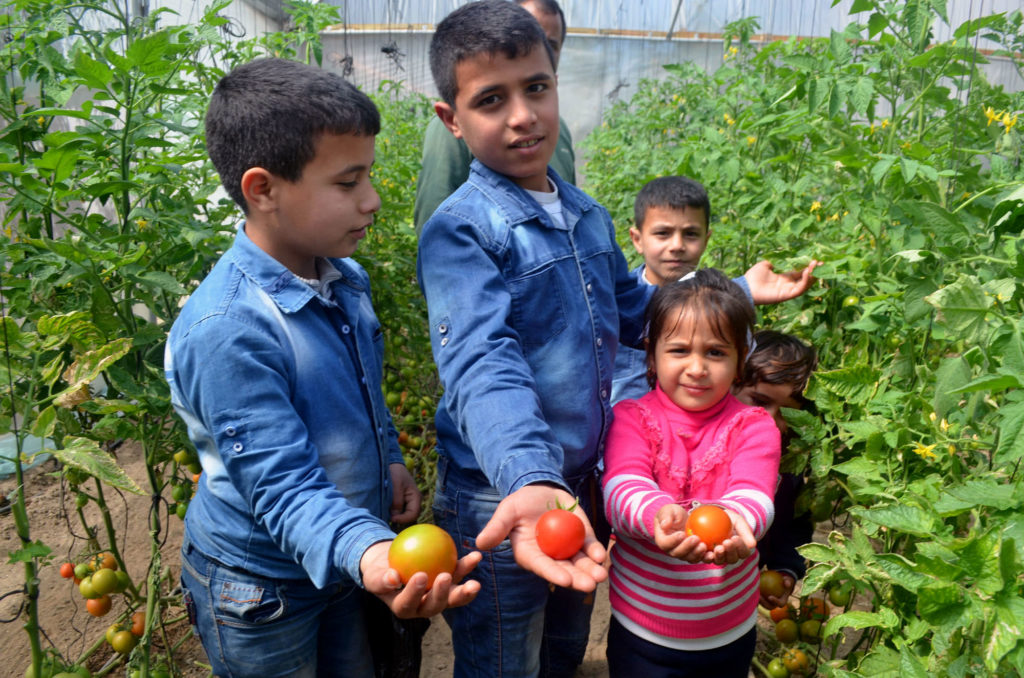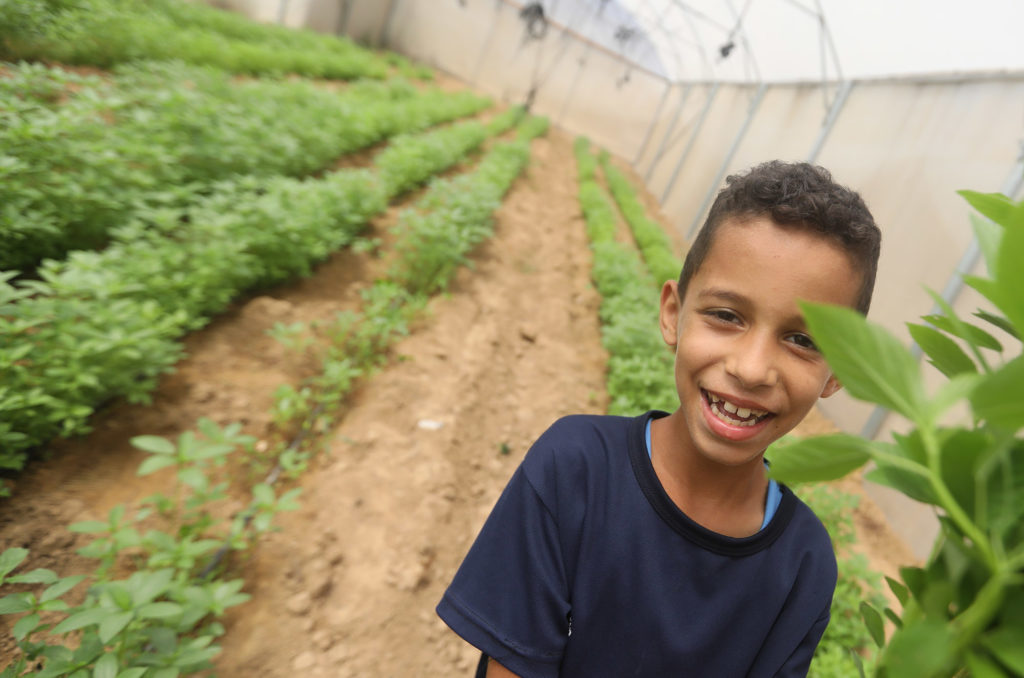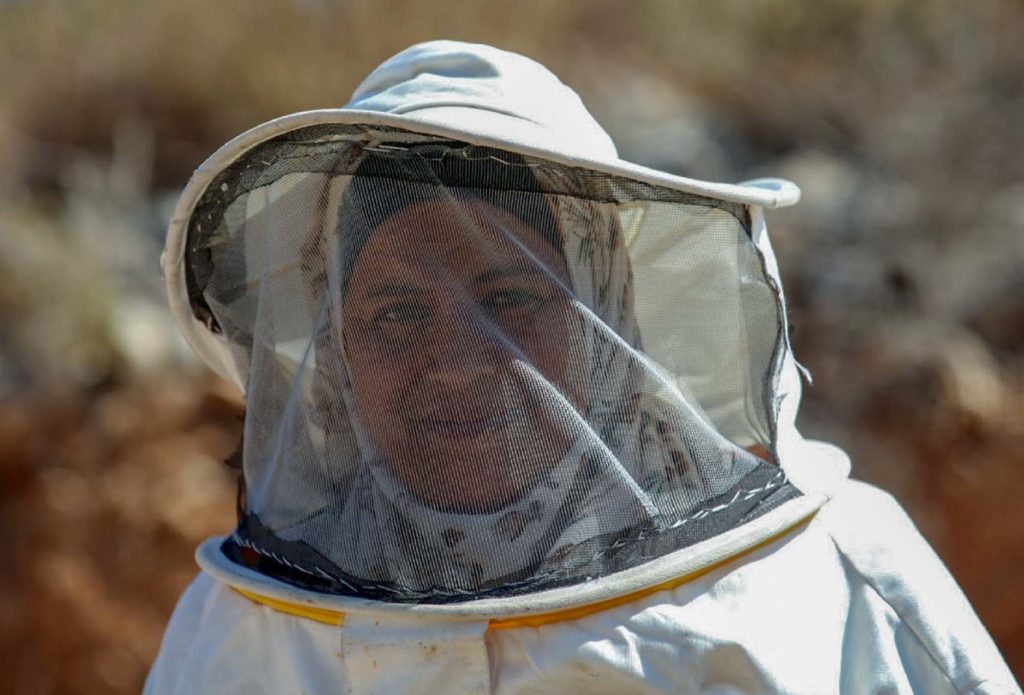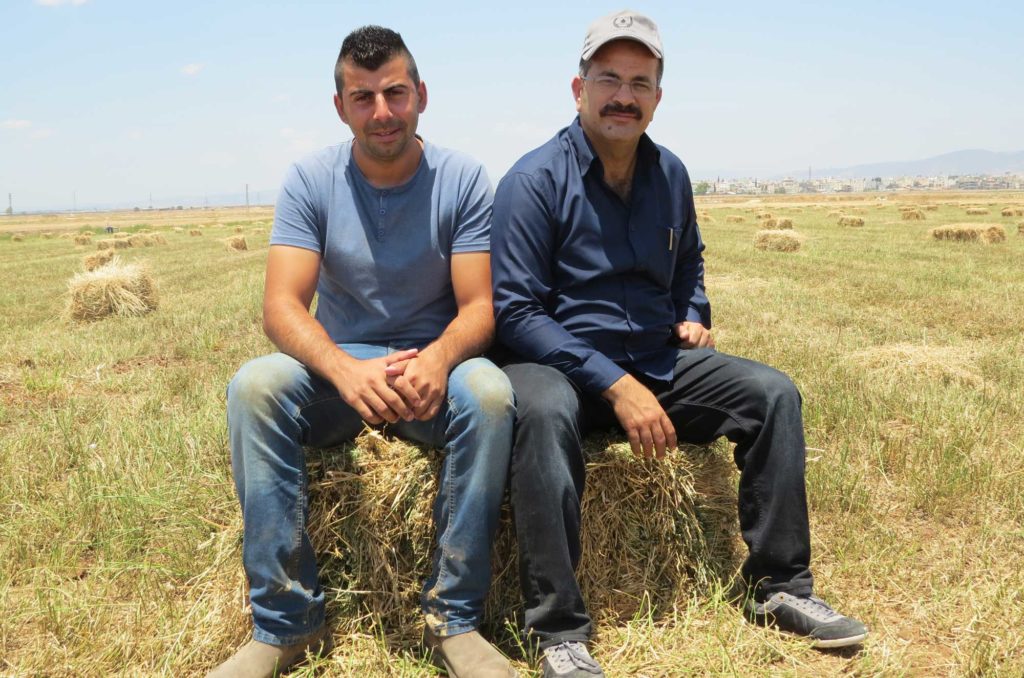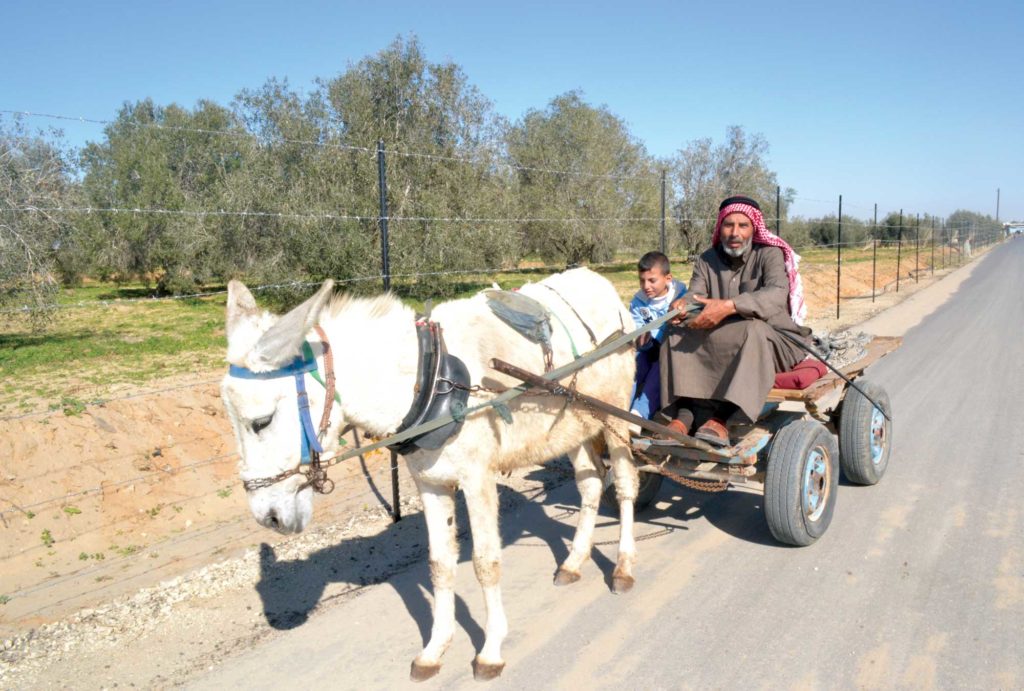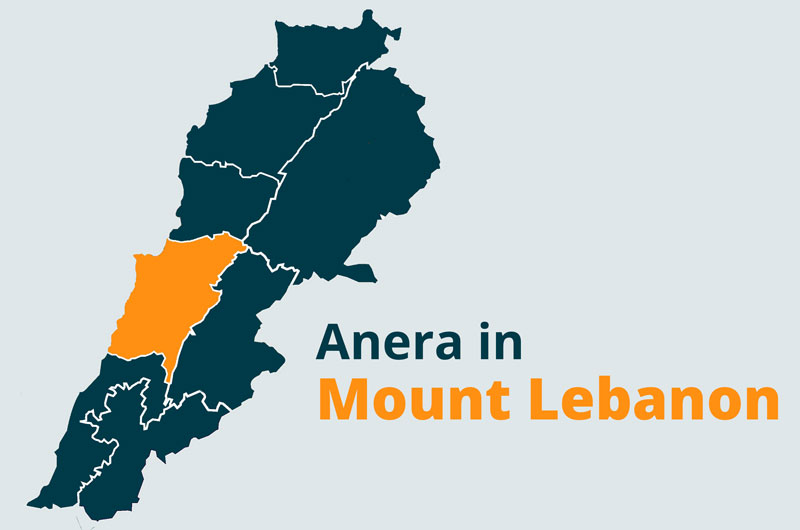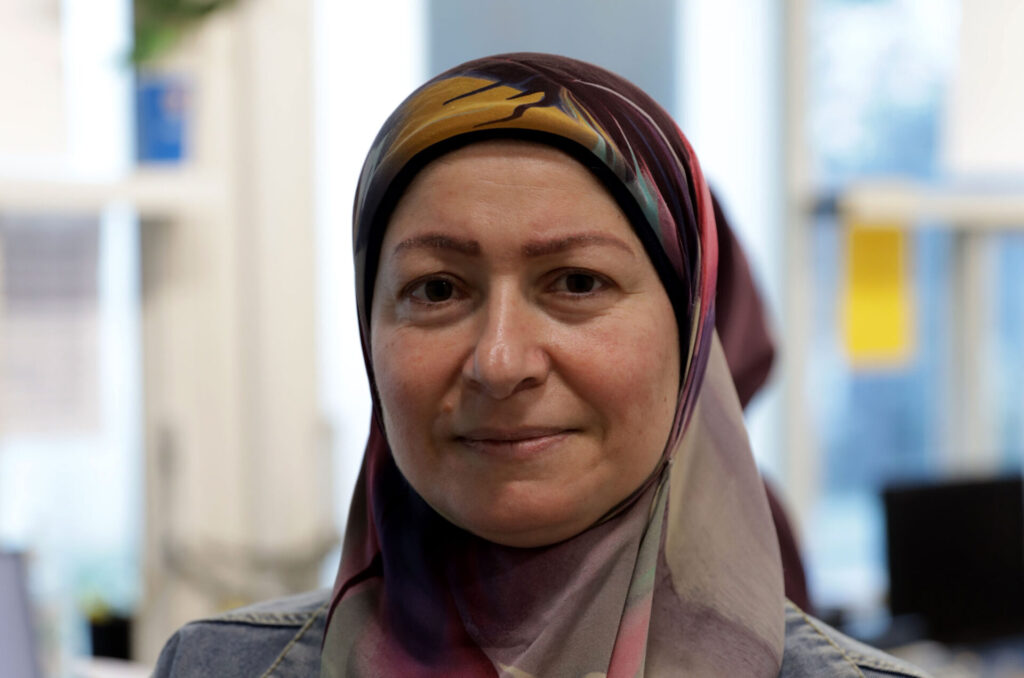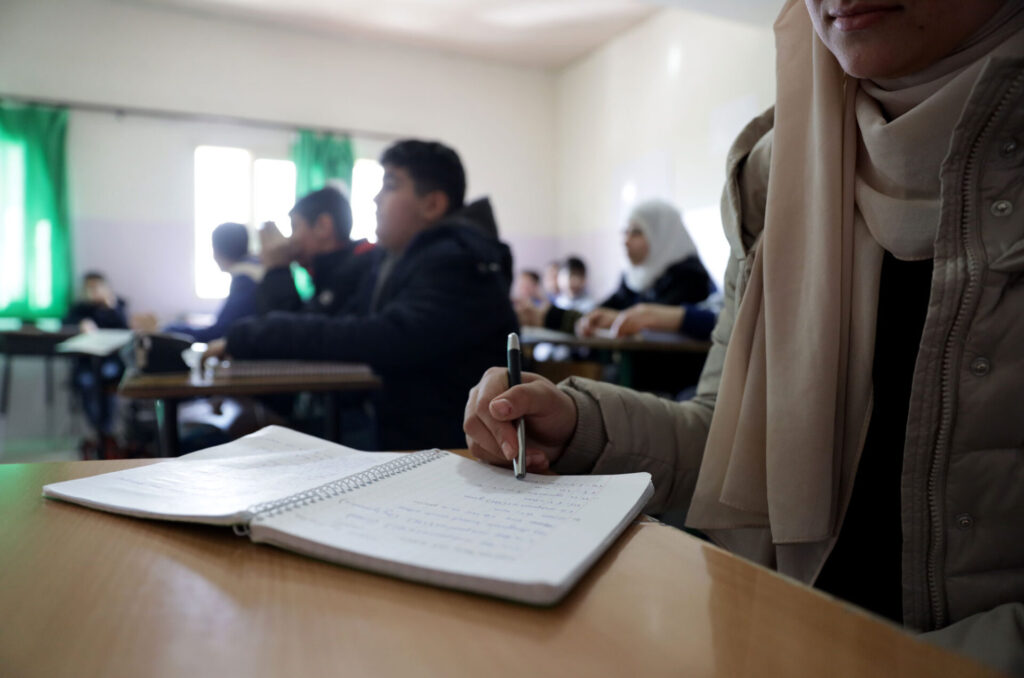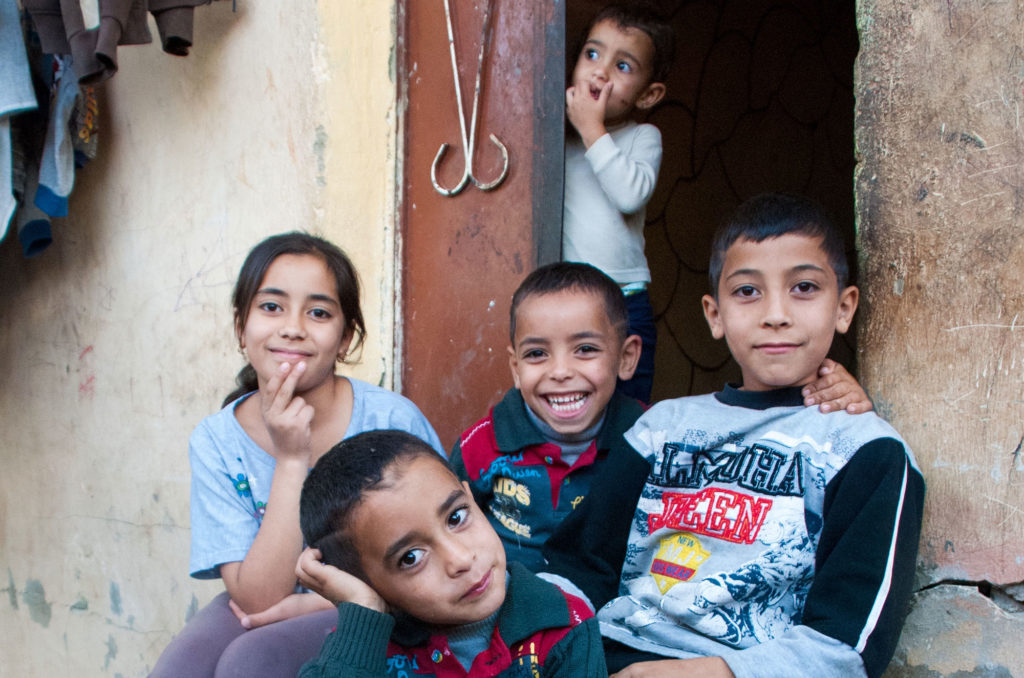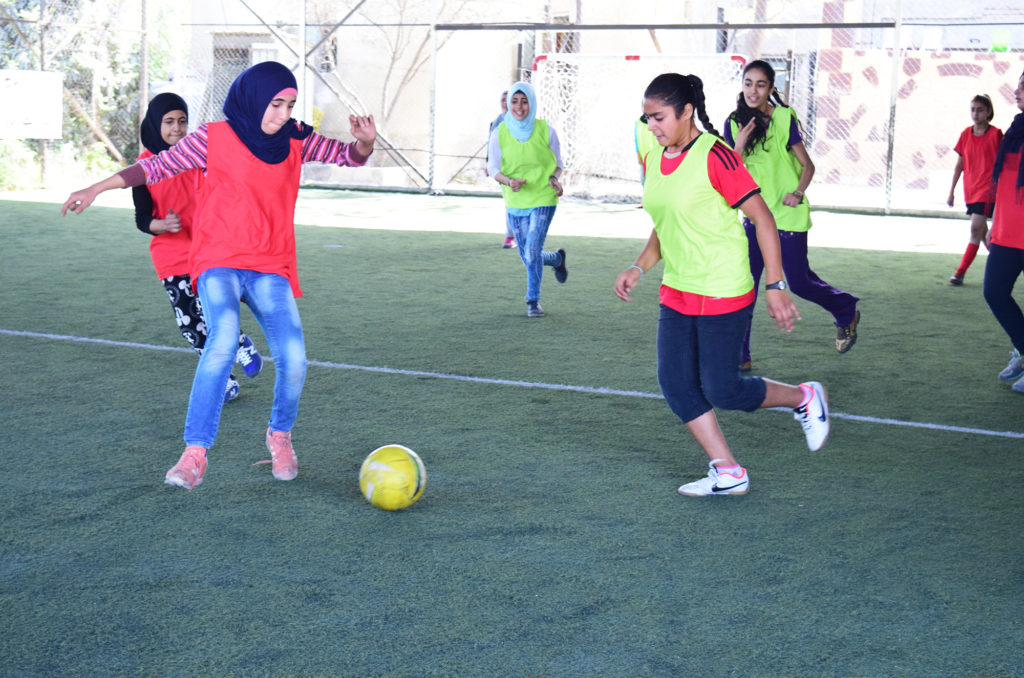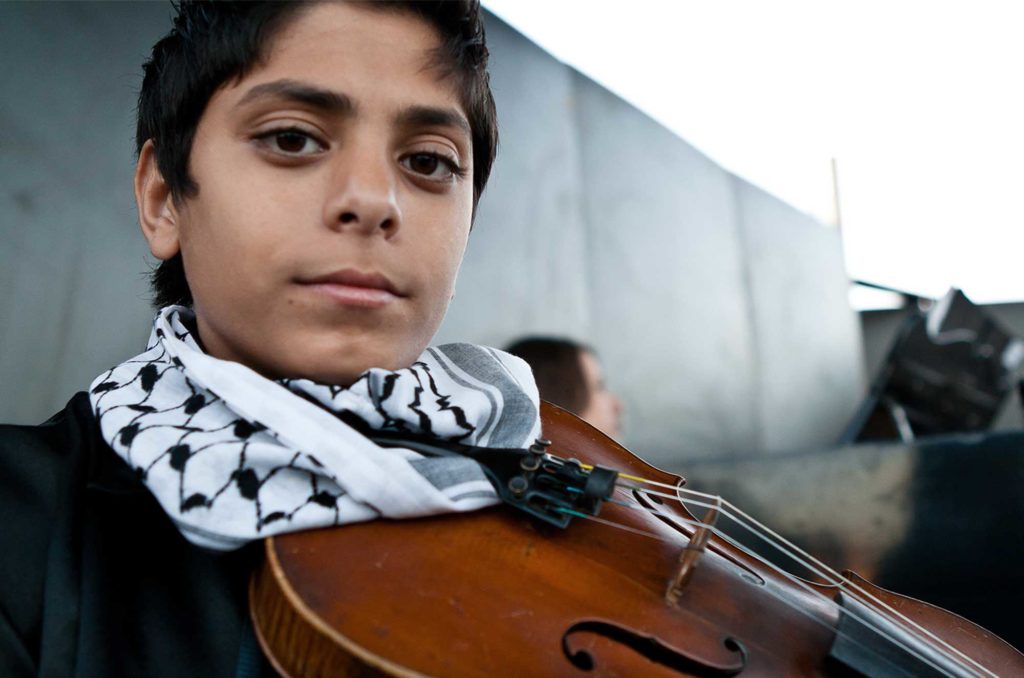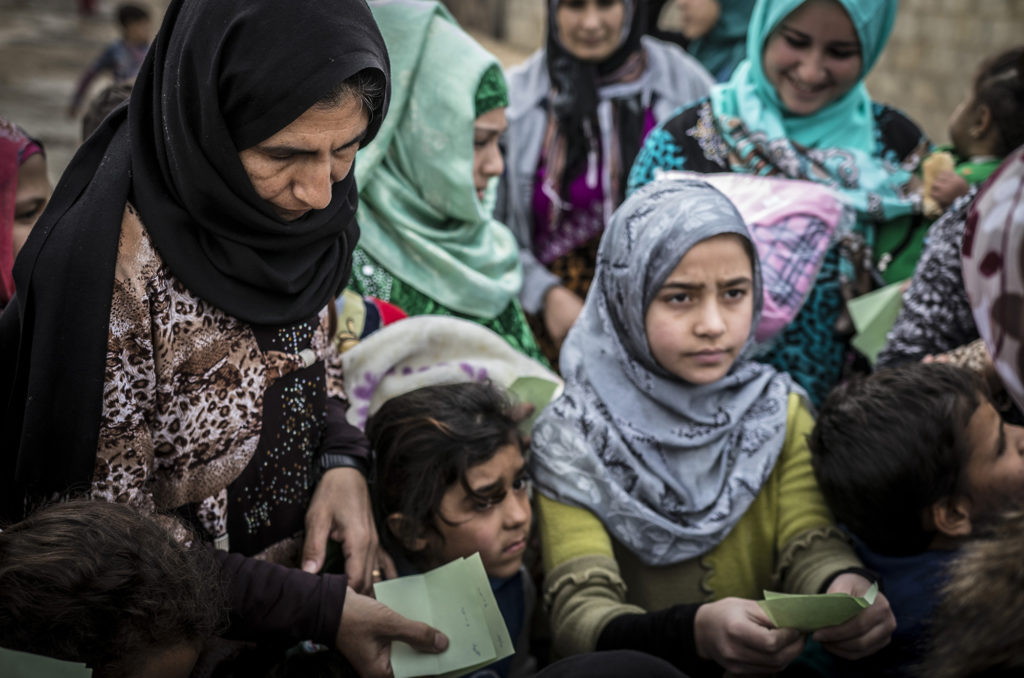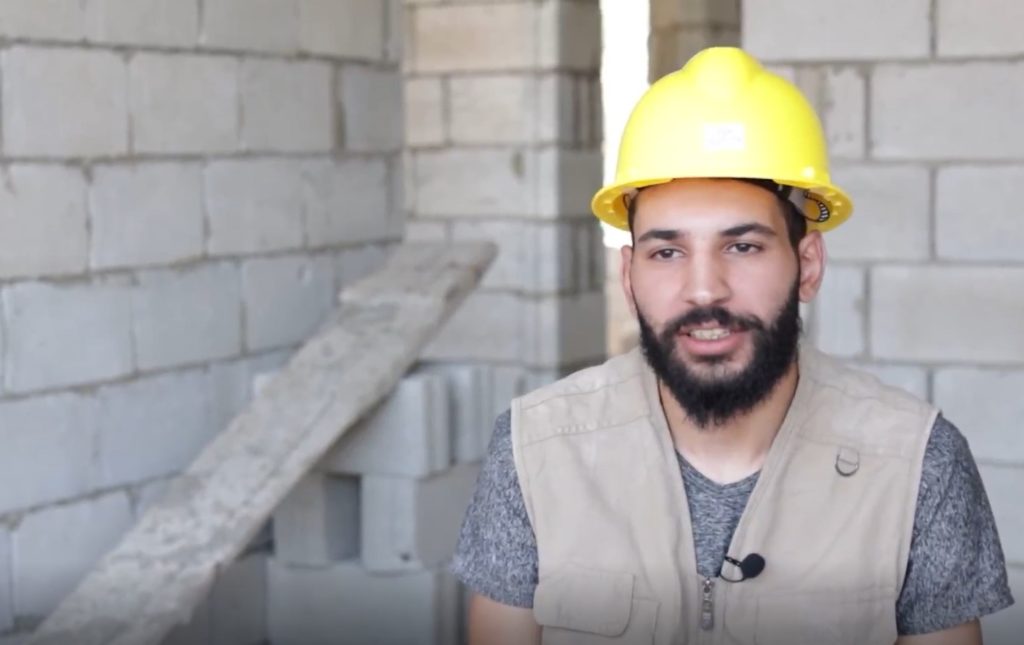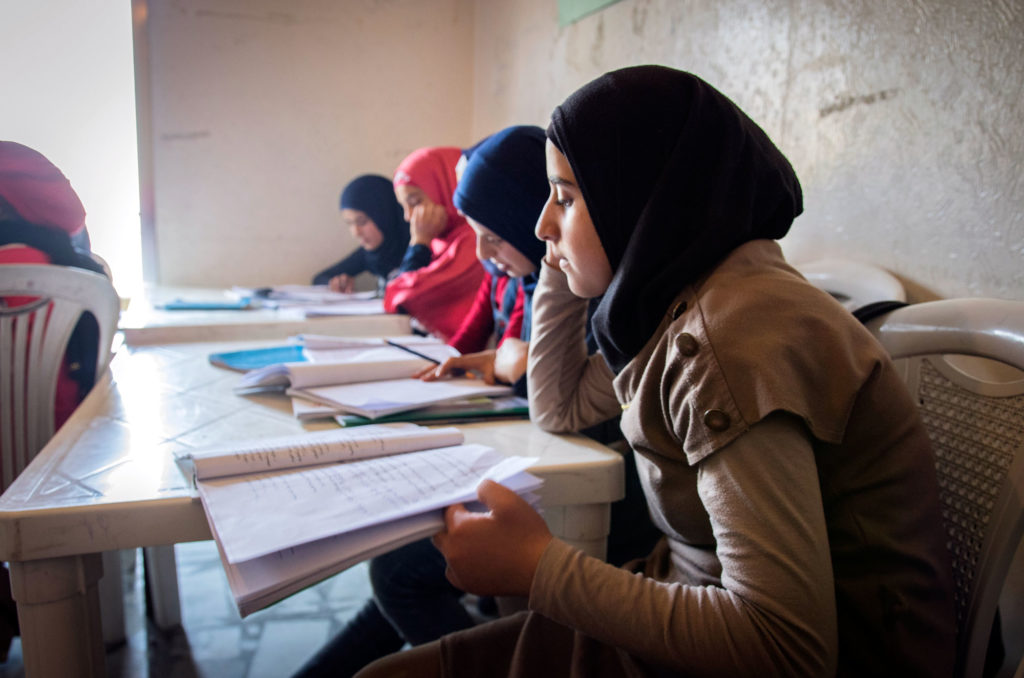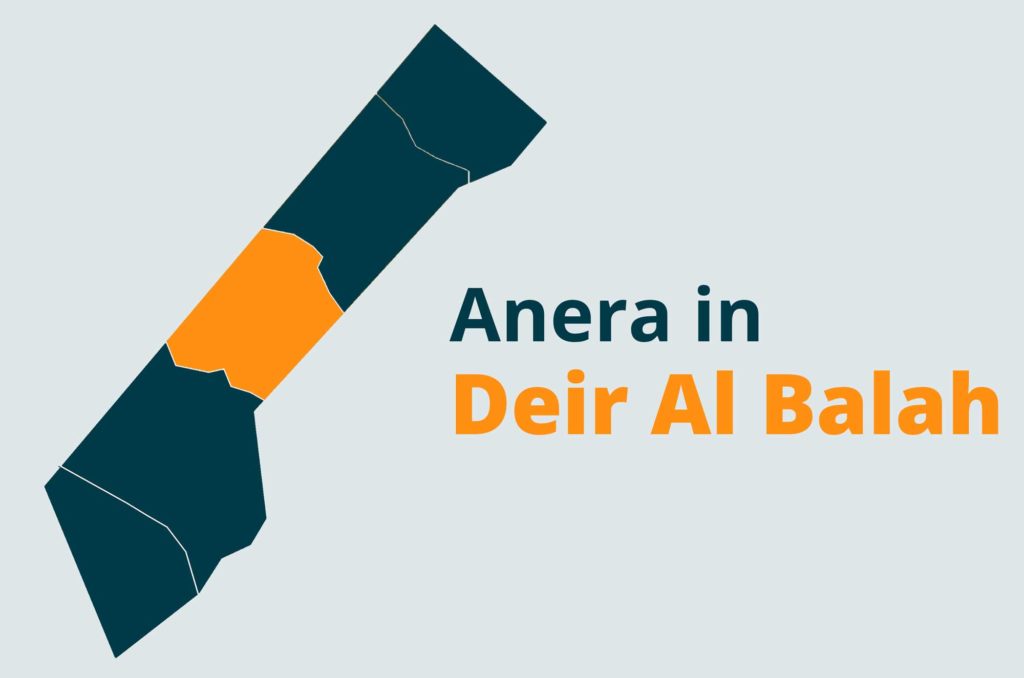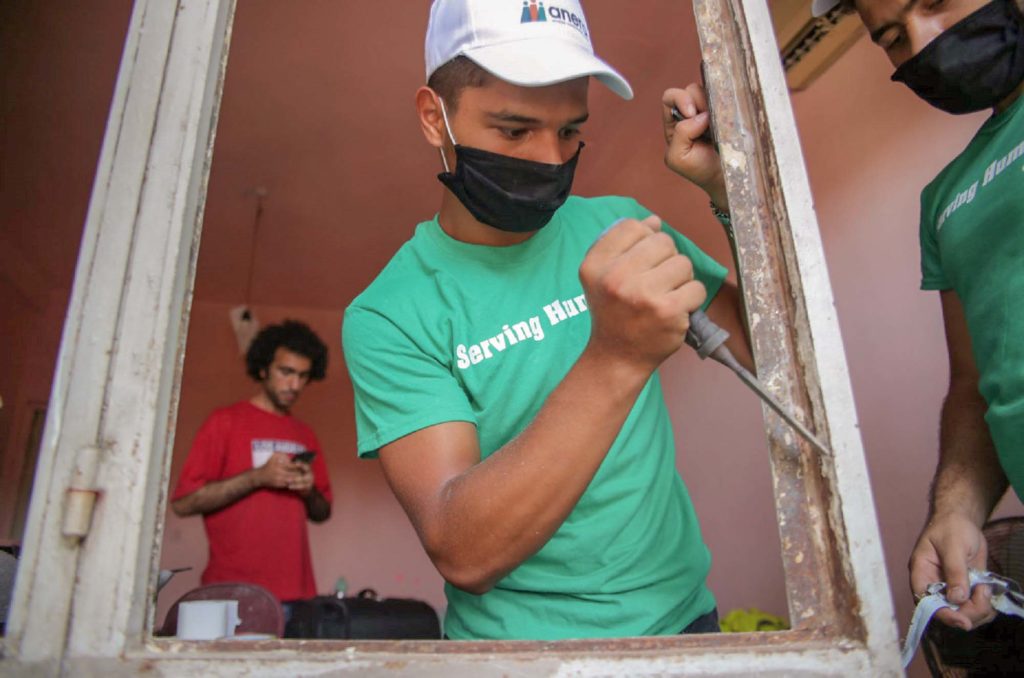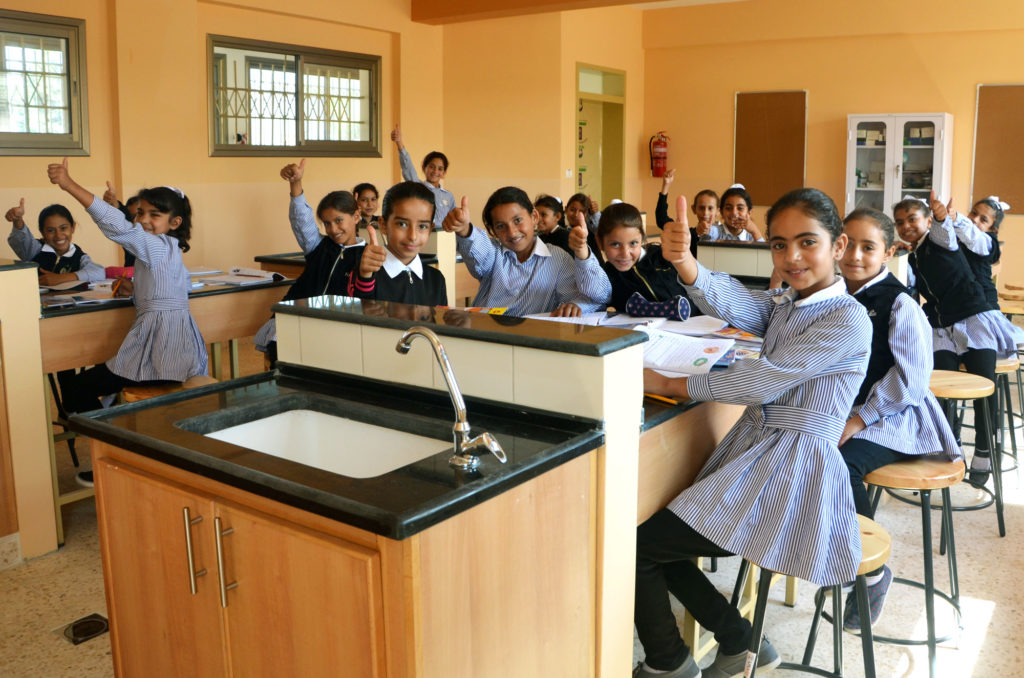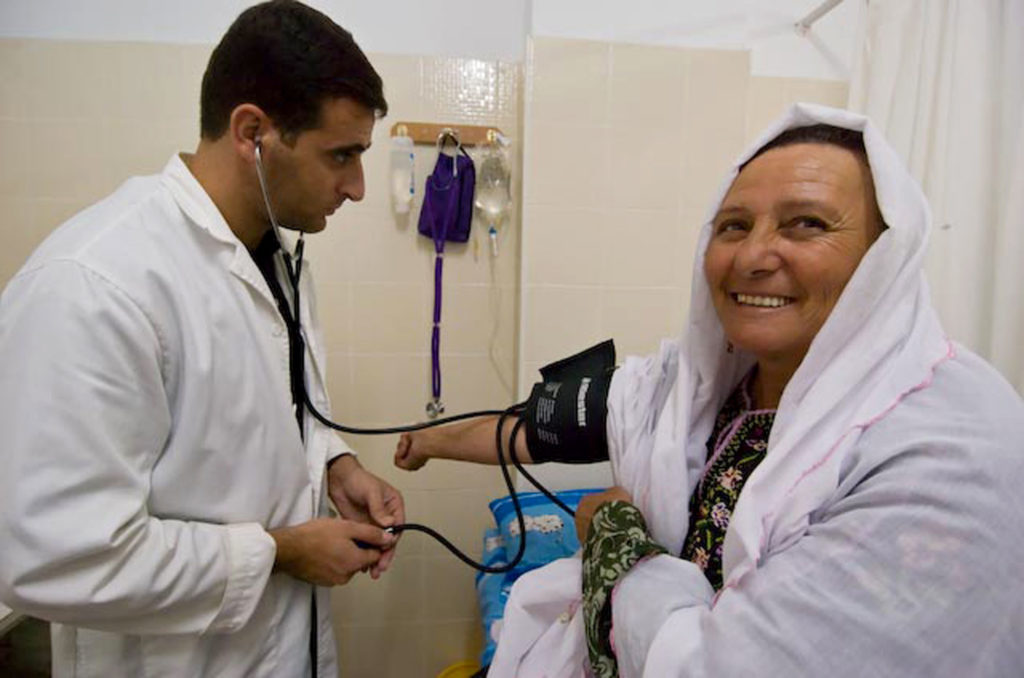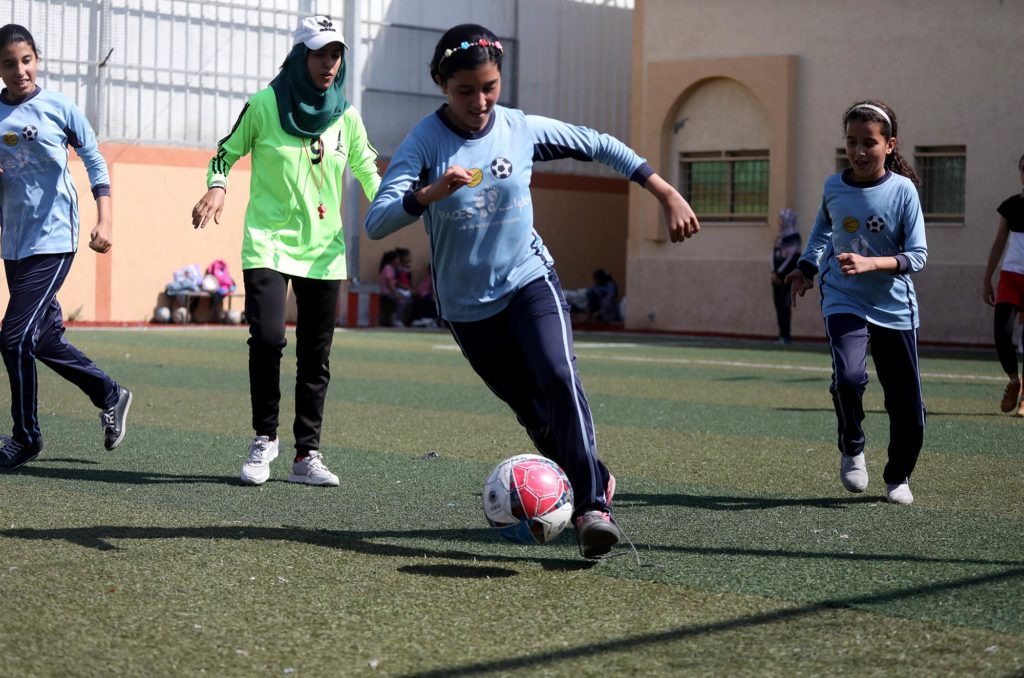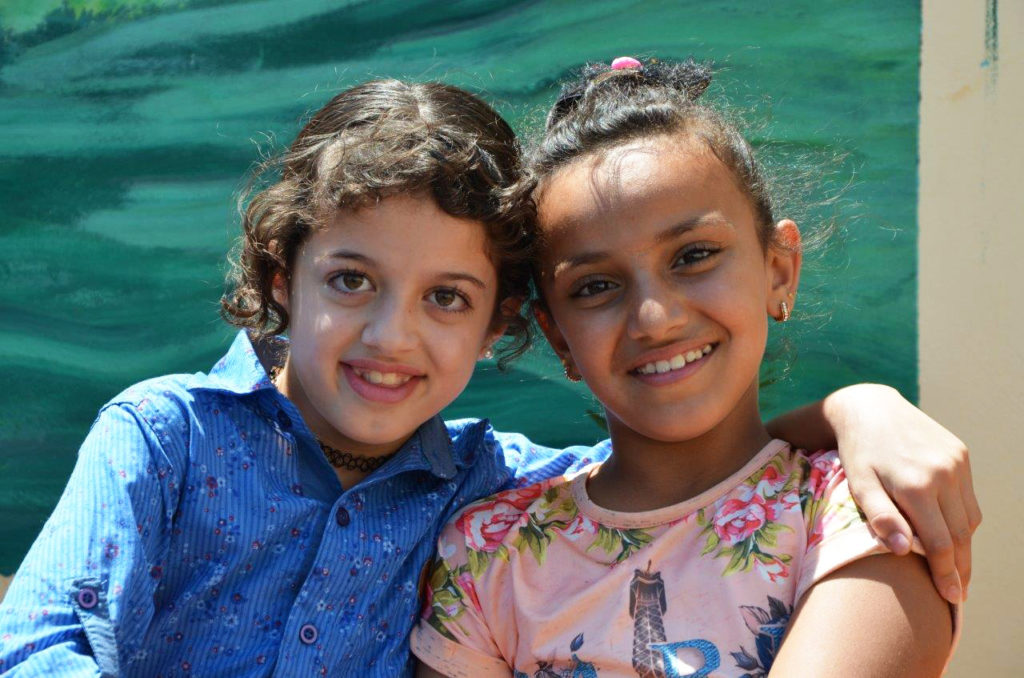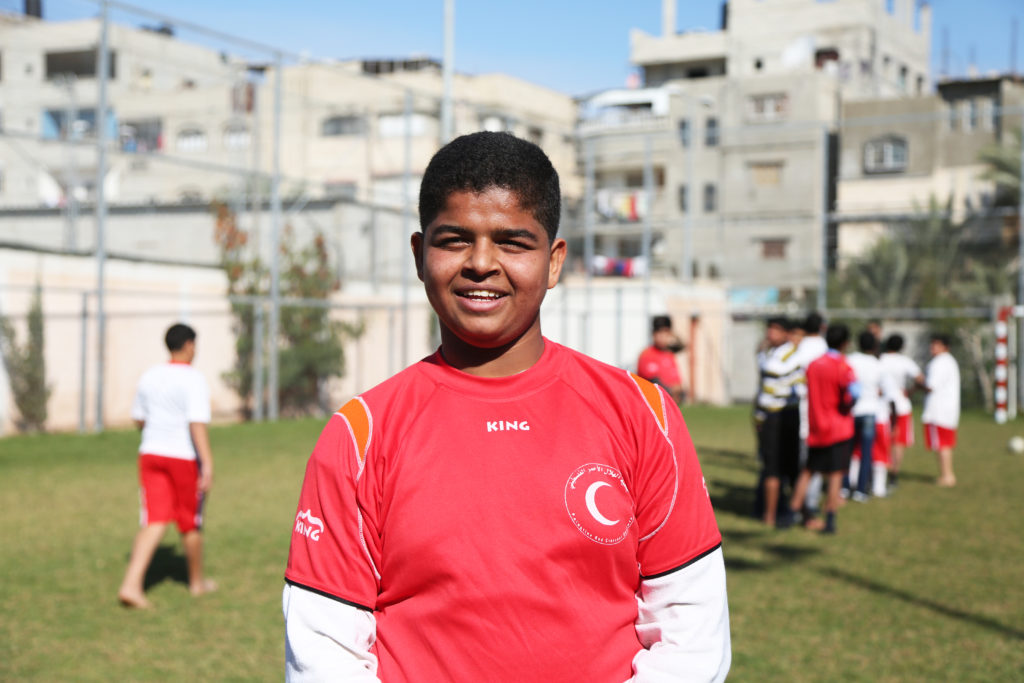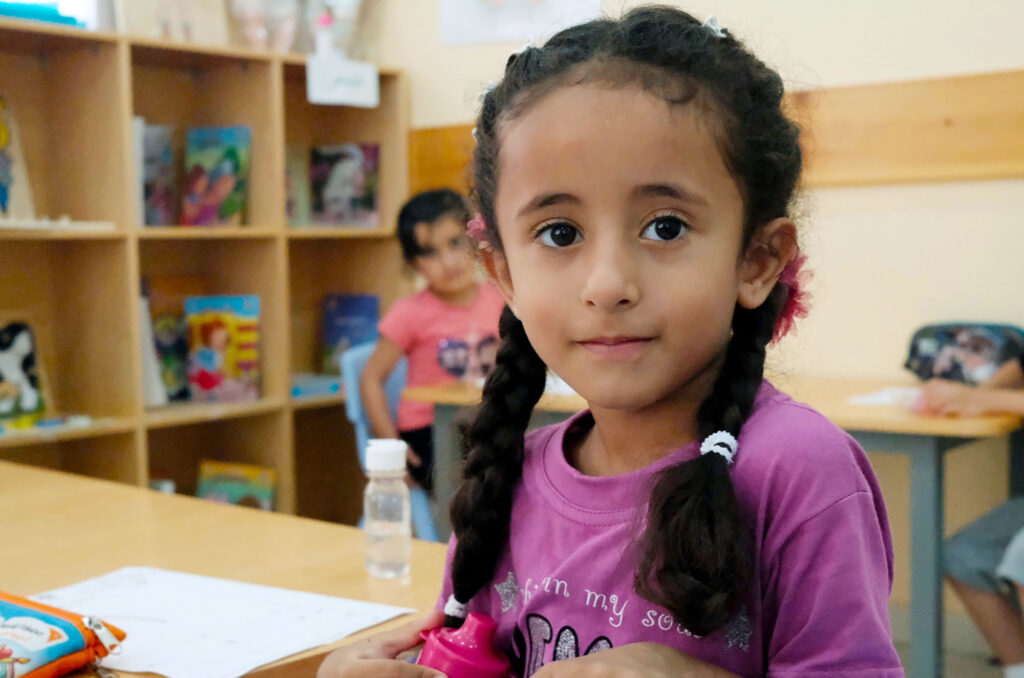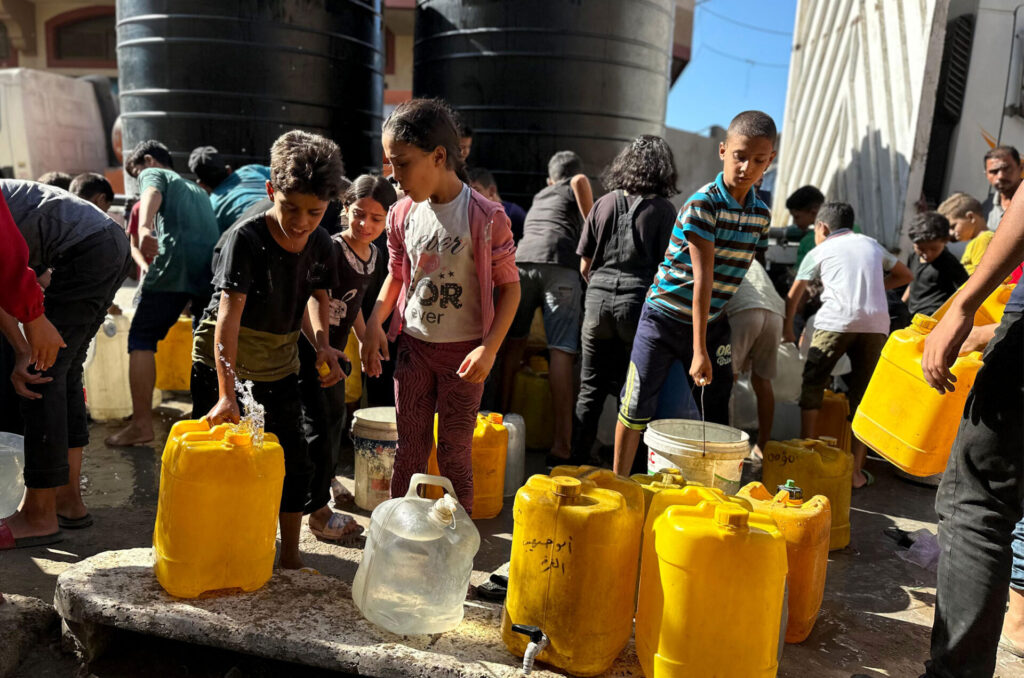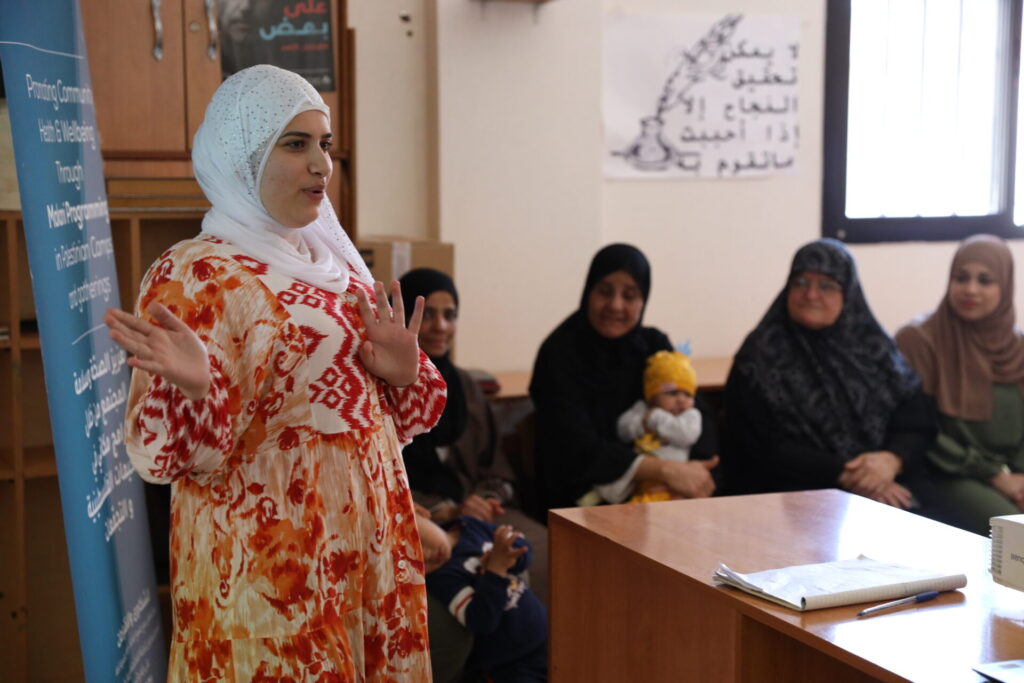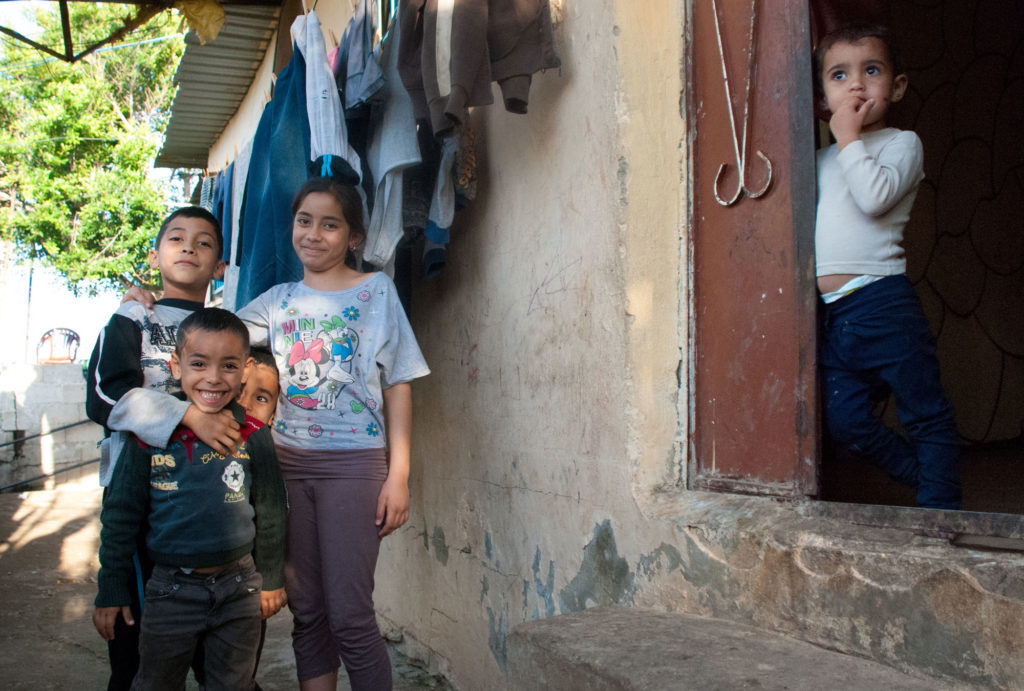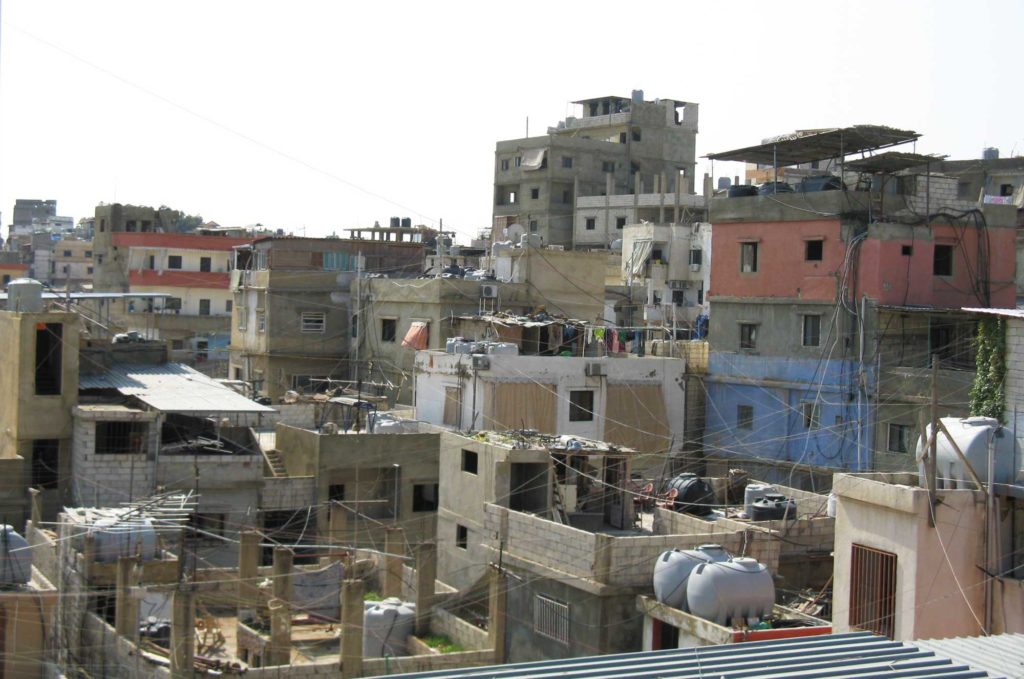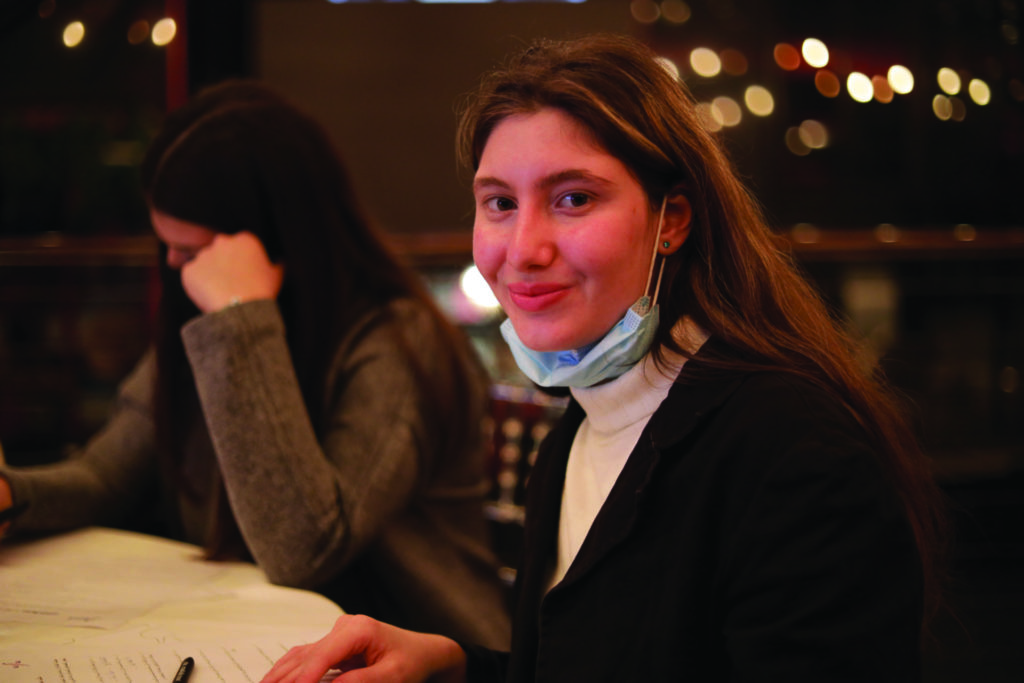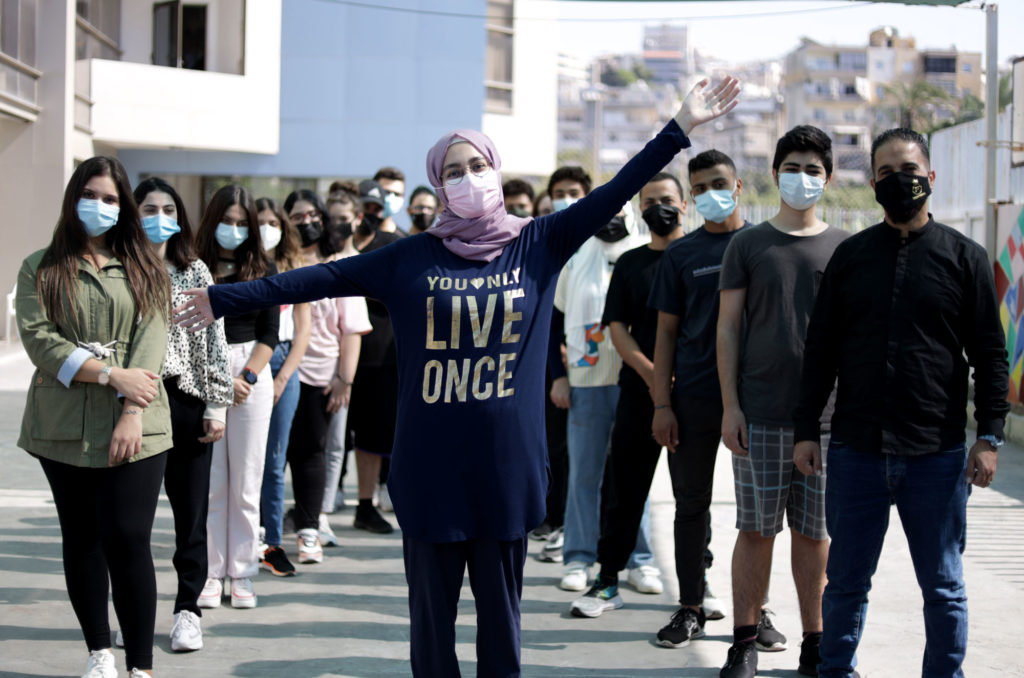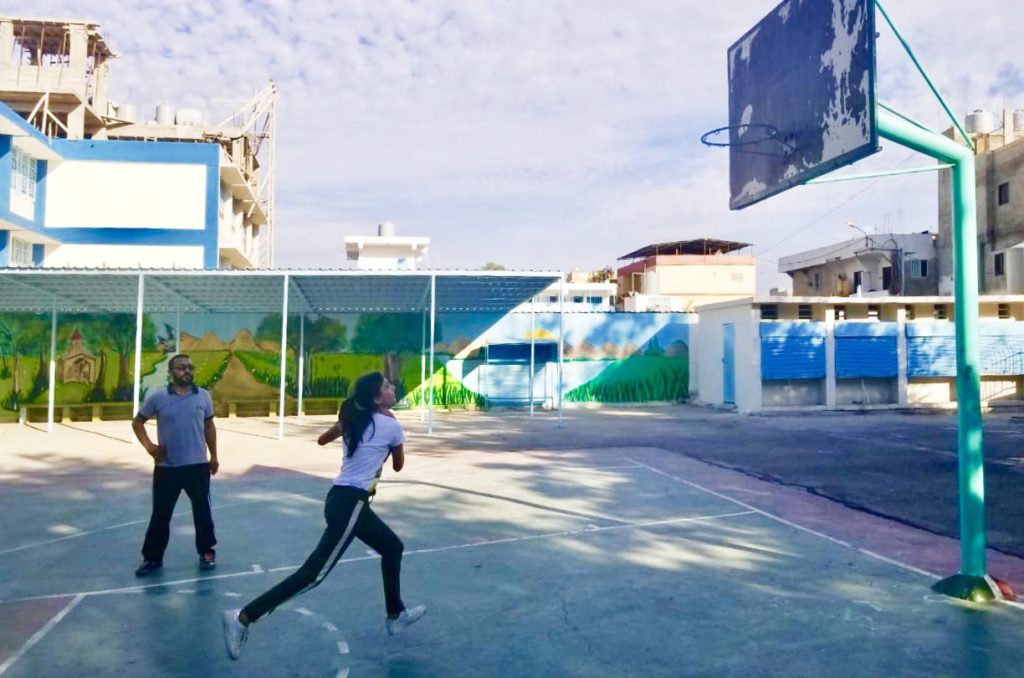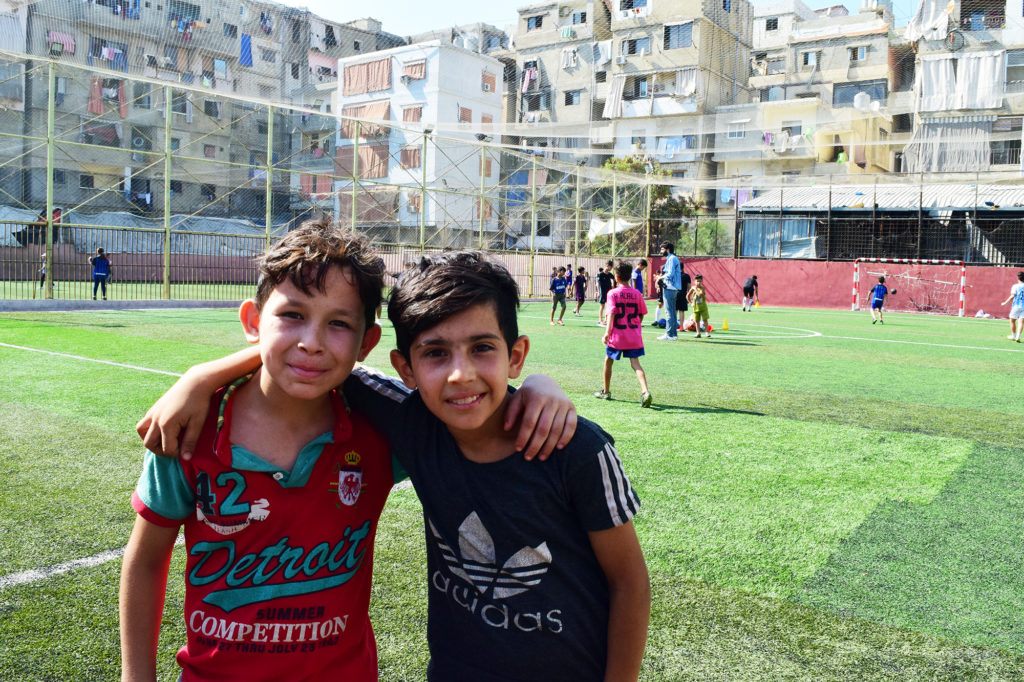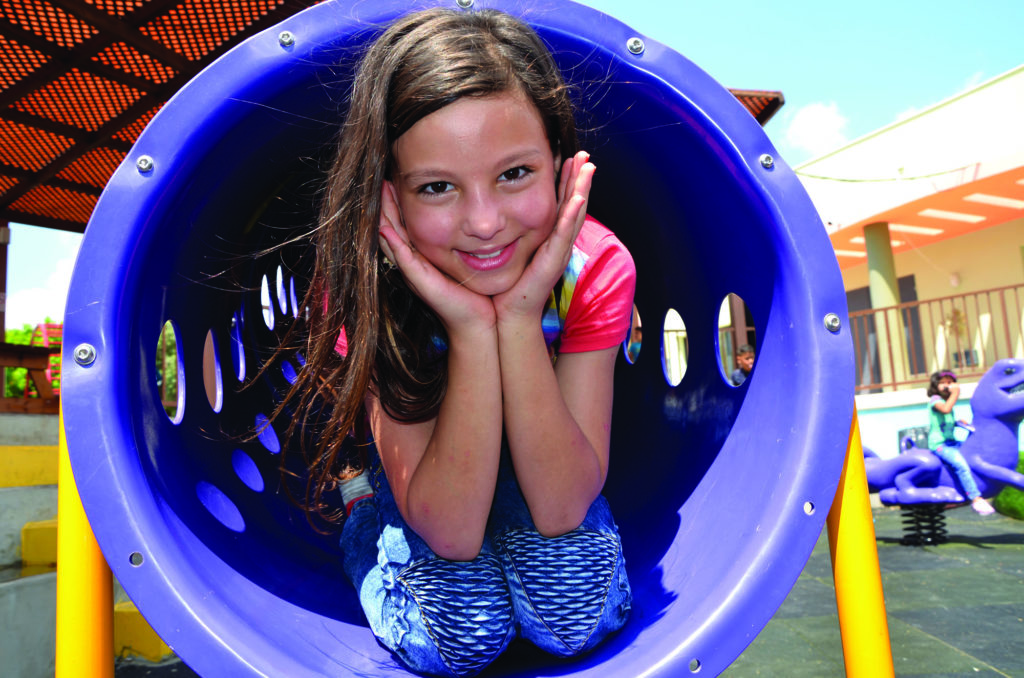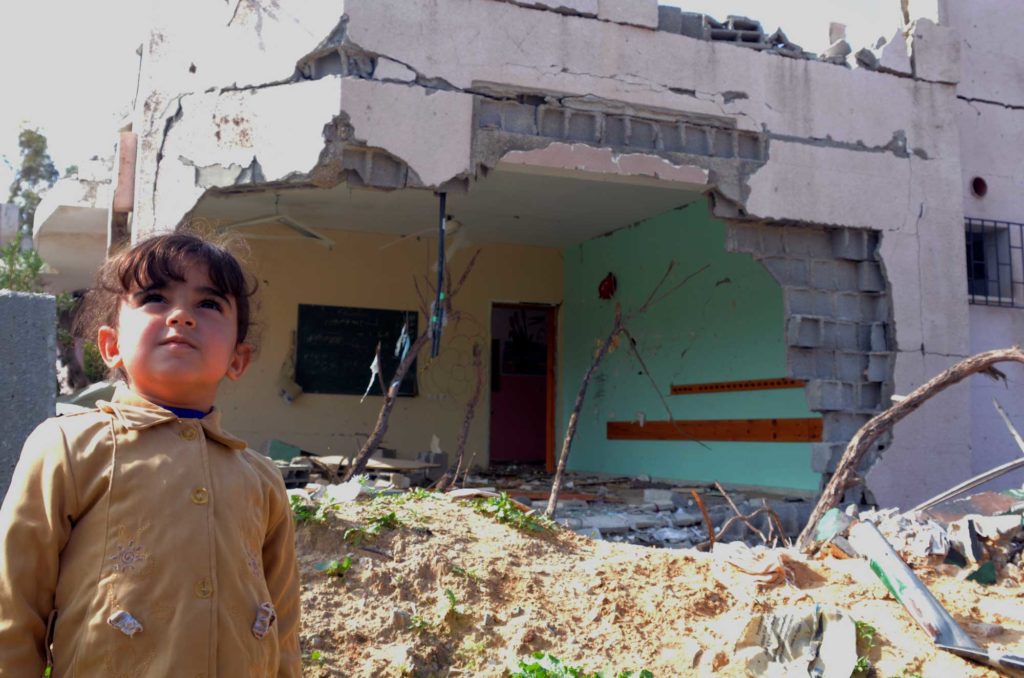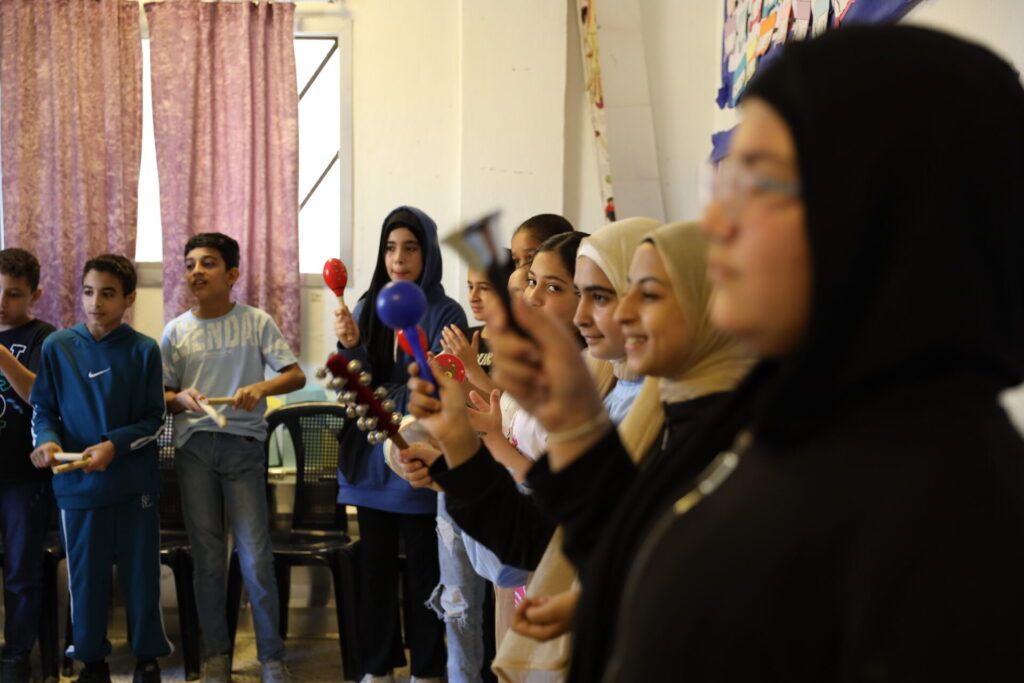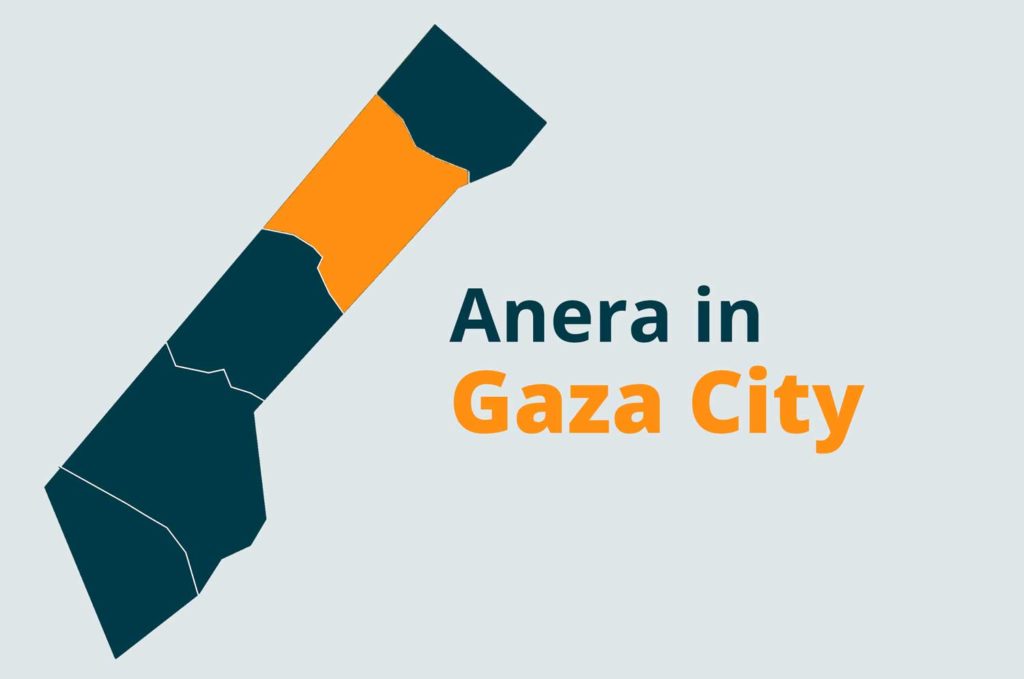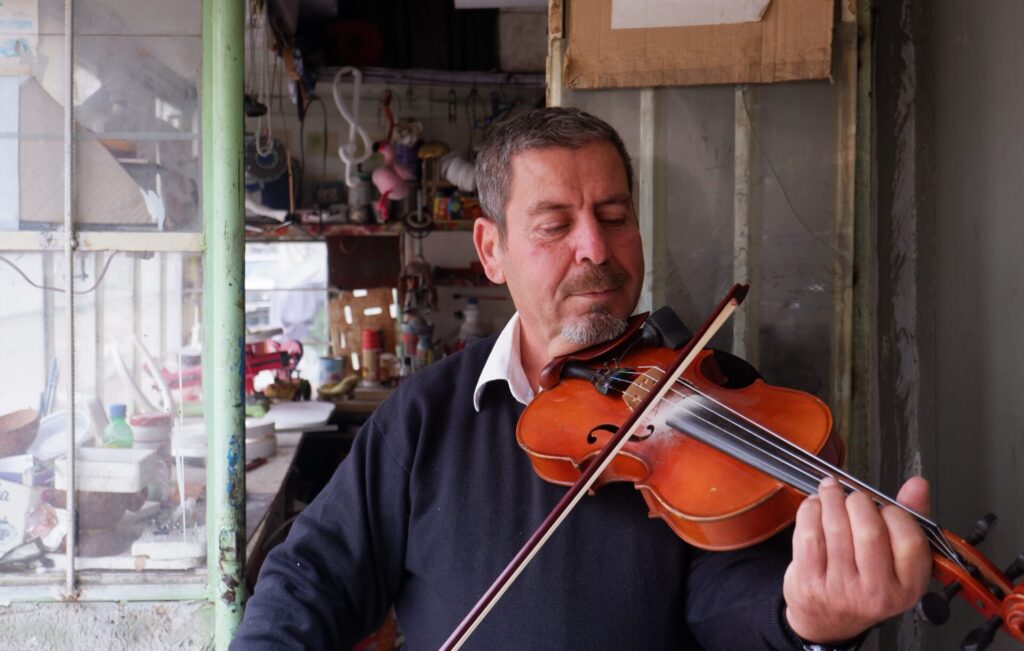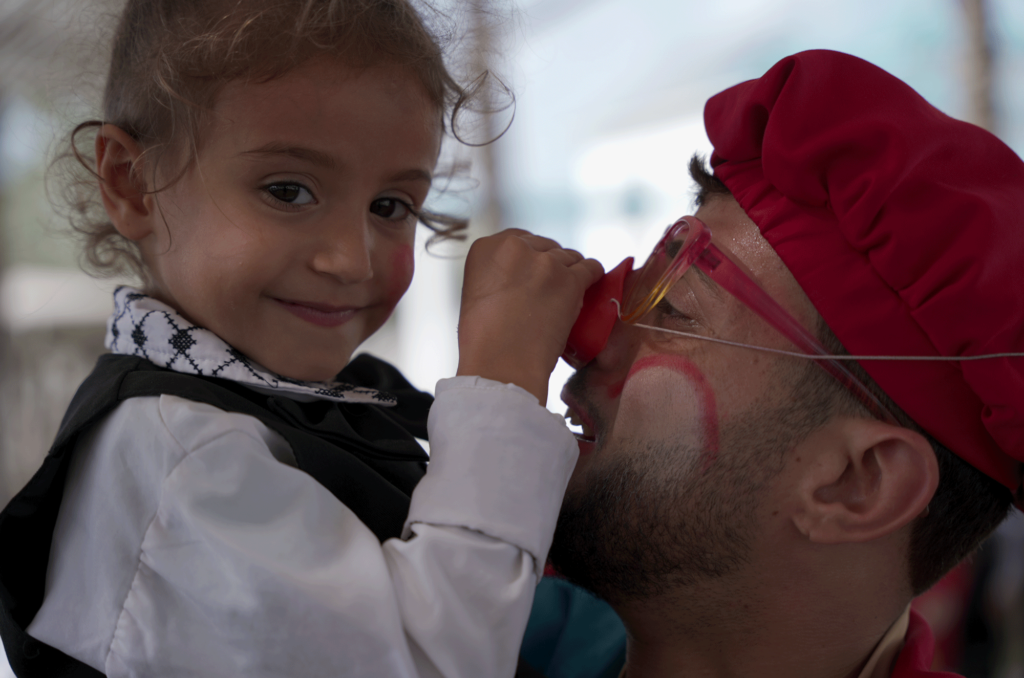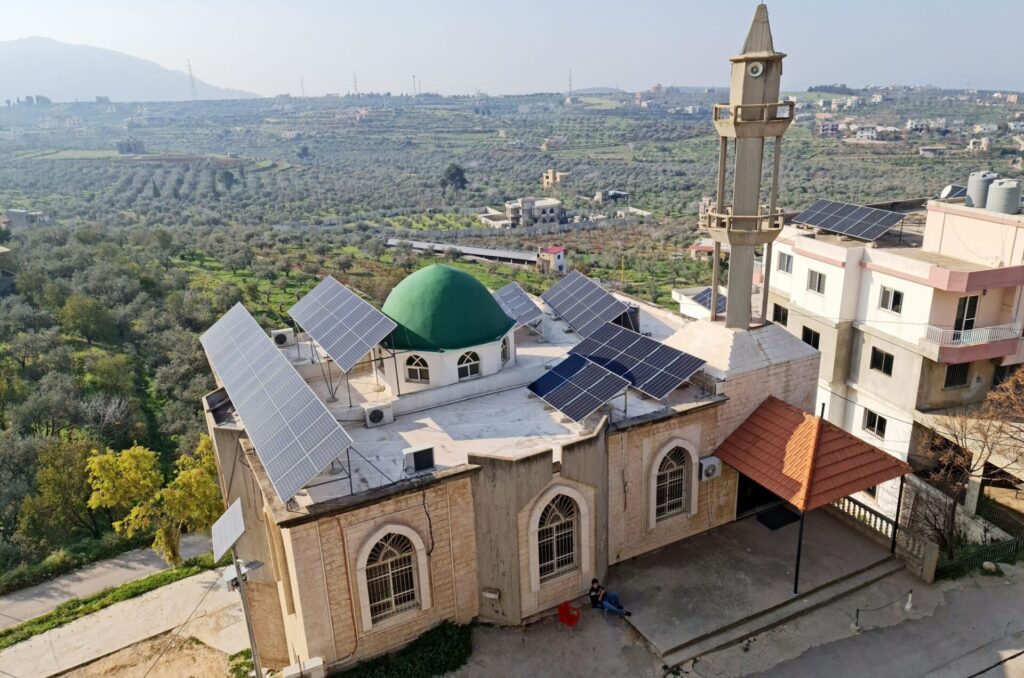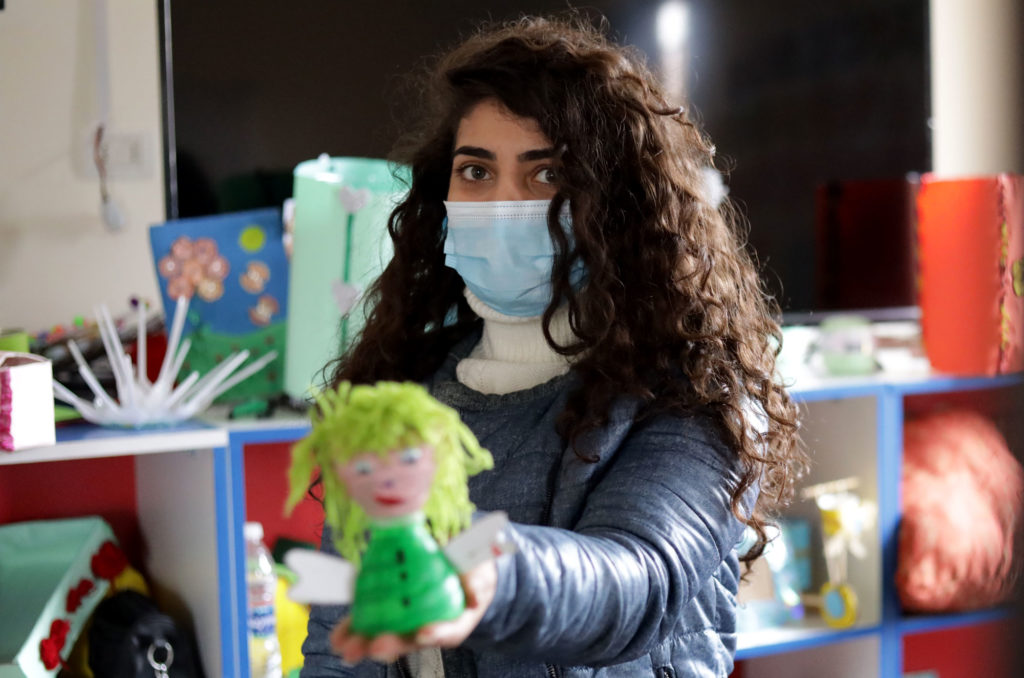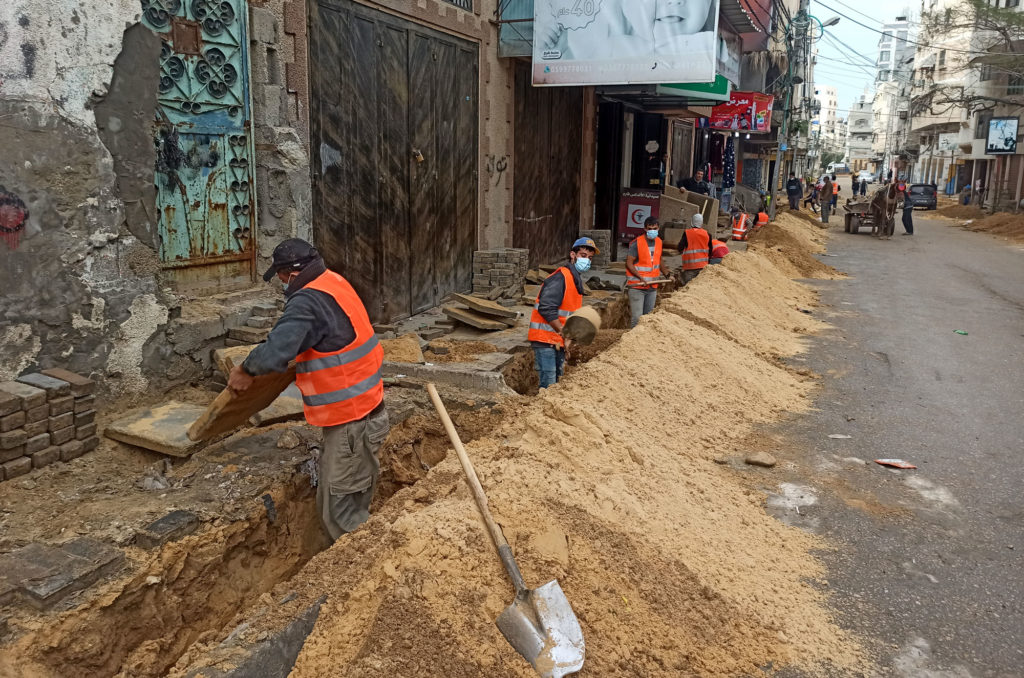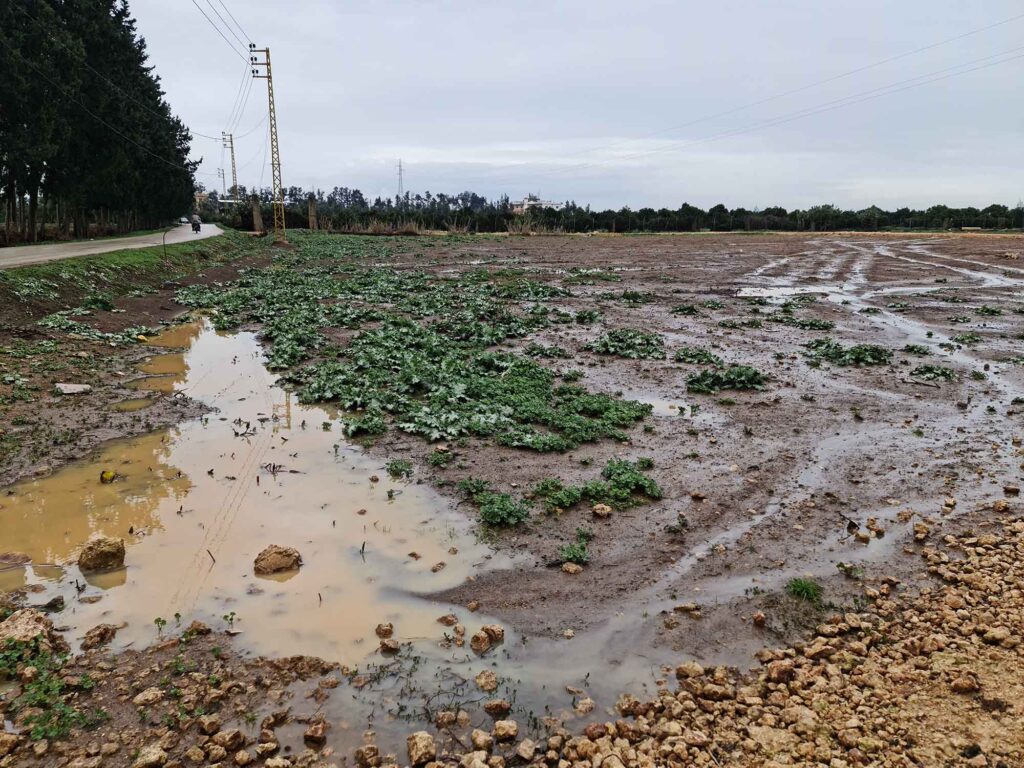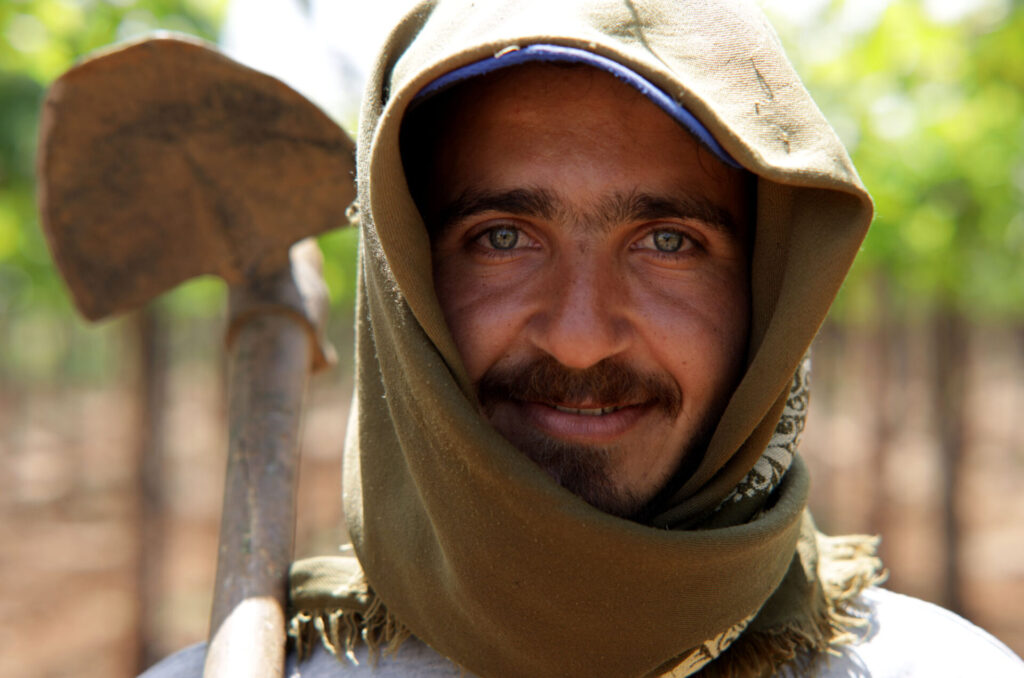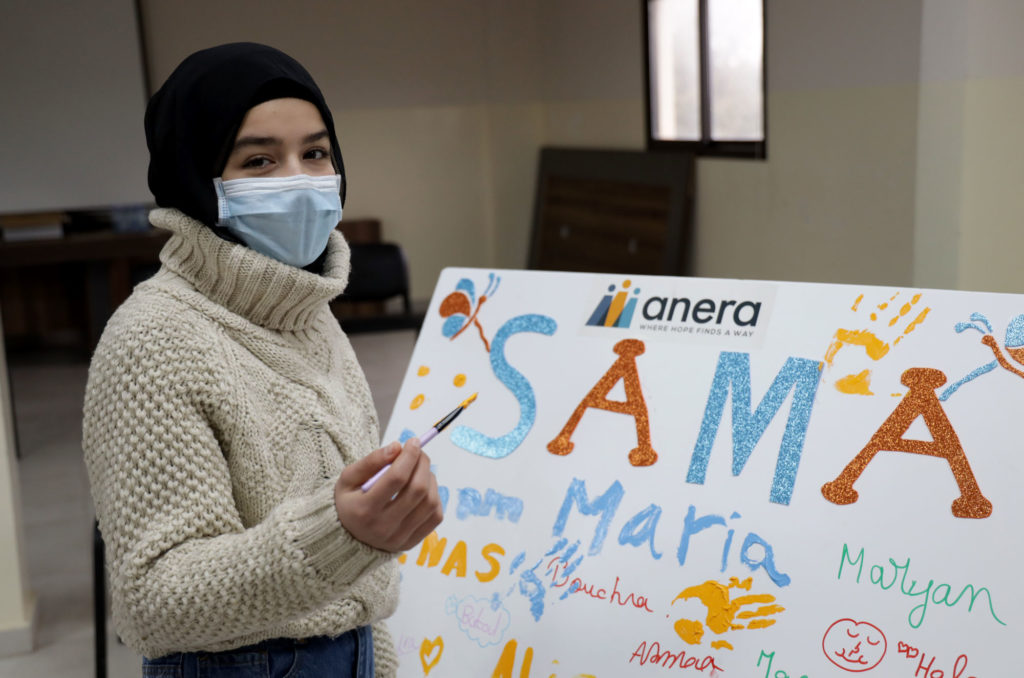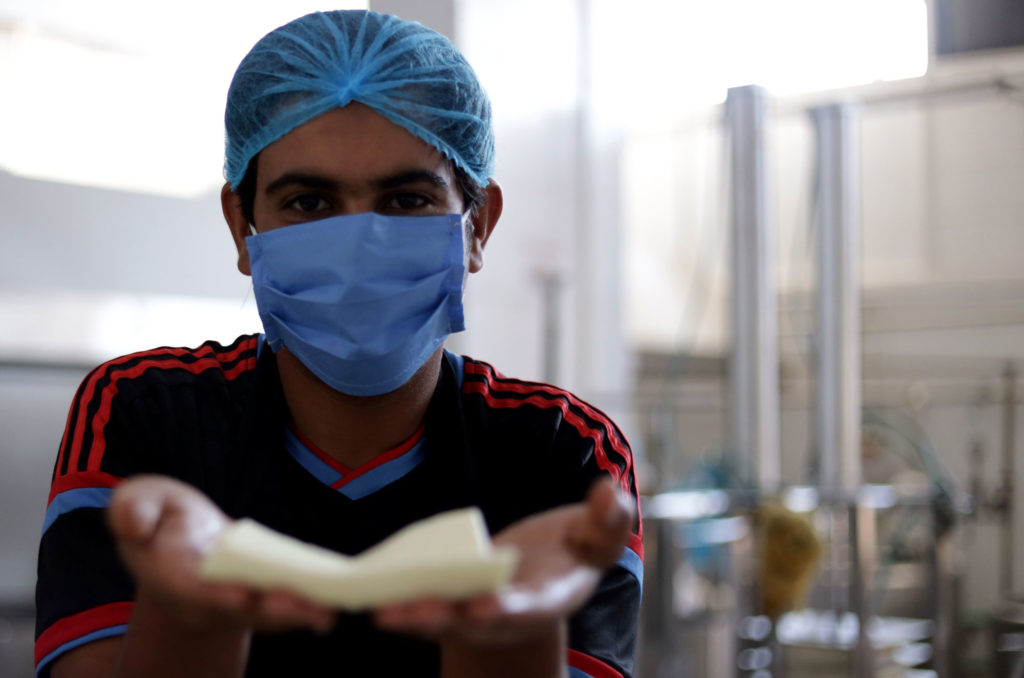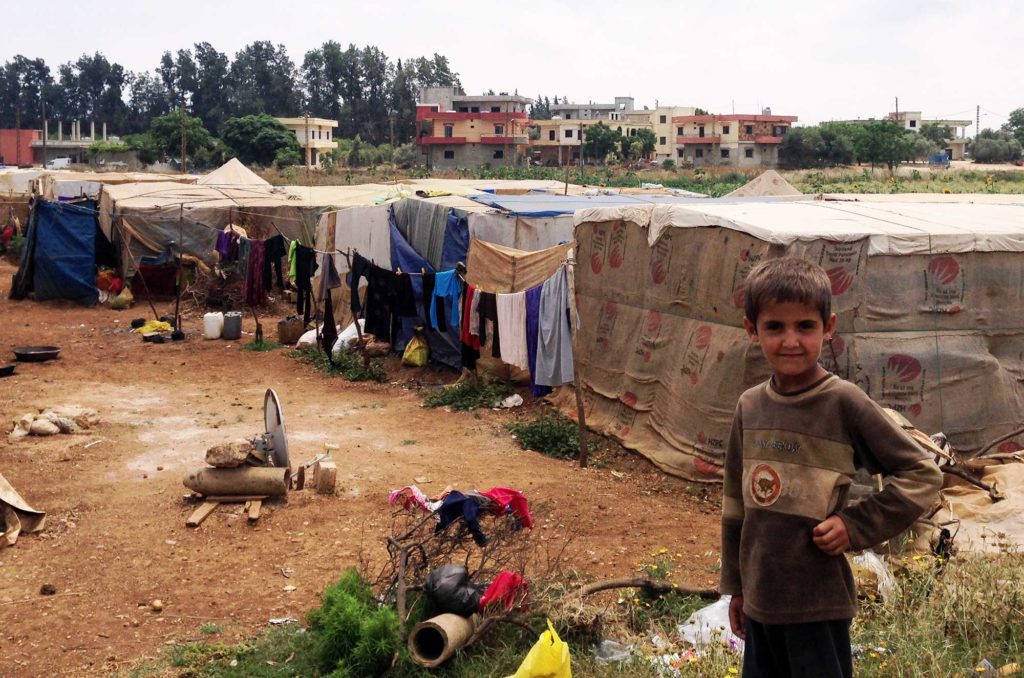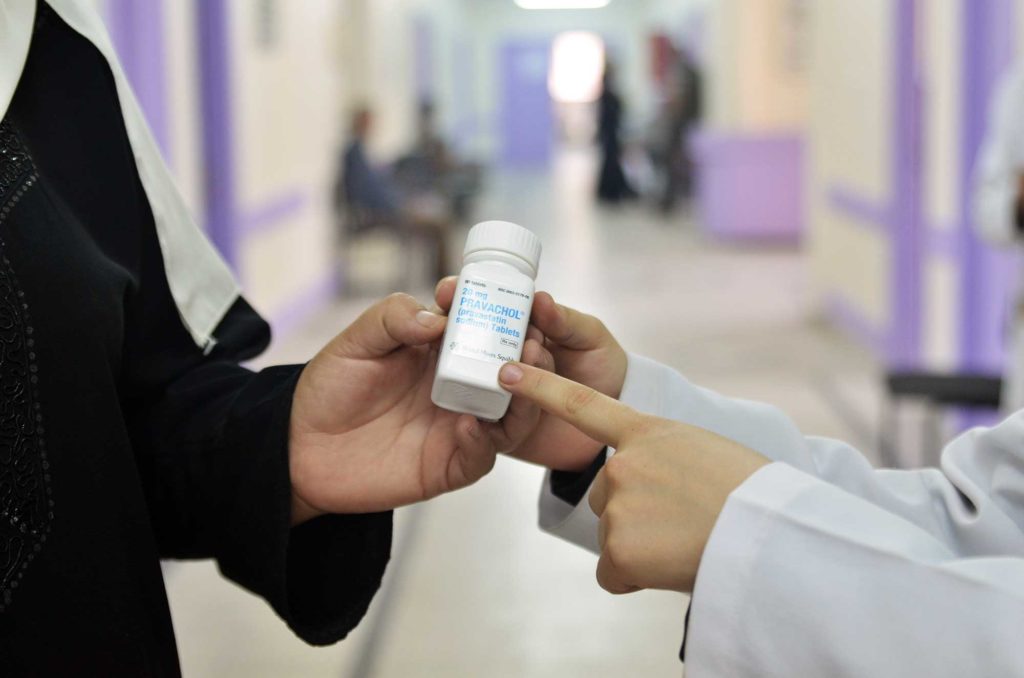Threats to Water Access
Access to safe water is a basic international human right. Blockade, occupation, and climate change, however, make water access in Palestine a challenge every day. Only 10% of Gazans have access to safe drinking water in their homes.
Occupation and blockade limit Palestine water resources, and the over-pumping of wells depletes the fresh water supply while polluting what’s left. At the same time, old treatment facilities aren’t able to effectively treat water, and deteriorating pipes and pumping stations keep water from reaching homes, schools, hospitals and businesses.
Throughout Gaza, most tap water is unfit for human consumption. Some 97% of water from Gaza's aquifer does not meet the quality standards of the World Health Organization. The chemical and biological pollution in Gaza’s drinking water is due to high levels of salinity and fecal contamination, which are risk factors for hypertension and intestinal diseases that can be particularly harmful to babies, children and pregnant women.
Connecting Palestinians to the Water They Need
Anera addresses the issue from every angle to help ensure Palestinians have access to water when they need it.
In Gaza, Anera engineers focus on multiple projects to ensure vulnerable communities have adequate infrastructure for safe, clean water. Community infrastructure activities include flood prevention, storm water gullies, wastewater networks, solar pumps, and water desalination. Networks blocked with asbestos or rust are replaced with new materials. We train workers in system maintenance so that these solutions are sustainable for years to come. Since pollution caused by raw sewage limits access to clean water in Palestine, we also build and repair sewage and sanitation systems.
Anera's major funding for water and sanitation projects comes from Islamic Relief USA. With their support, our team in Gaza has implemented over 50 projects across Gaza. Our IRUSA-funded work has followed a two-pronged approach: improving water infrastructure and spreading awareness of practical hygiene practices.
- Wastewater networks: We install underground tunnel systems for transporting sewage away from houses, removing waste from homes and pumping it to treatment facilities for treatment. In recent years, Anera has linked 2,340 homes in Gaza to reliable, safe wastewater networks, preventing families' exposure to pathogens.
- Water wells: For many communities in Gaza, municipal wells are their main source of water. We have repaired six wells that serve tens of thousands of residents living in densely populated areas. In each of our well projects, we installed new pumping facilities that vastly improved water pressure in people’s homes.
- Water networks: Water loss from dilapidated pipes is a big problem in Gaza. Often the pipes are undersized and can’t handle the demands of an ever-growing population. Anera has (re)connected 1,892 homes to new or repaired networks, using larger PCV pipes.
- Storm water drainage: As Gaza’s population has grown and become more urban, many agricultural areas have been converted to residences, leaving less soil to absorb rain. The concrete culverts, manholes, and gullies Anera installs safely carry storm water away from streets, homes and businesses to basins that store the runoff and replenish the aquifer.
- Hygiene awareness: Because water in Gaza is of such poor quality, Anera's water and sanitation work includes awareness sessions on personal hygiene practices (handwashing), household-level cleaning habits and food prep. We have reached thousands of families with these events.
One of Anera's most impactful water access interventions in Gaza is installation of reverse osmosis systems. Reverse osmosis is a water treatment process that removes contaminants from water by using pressure to force water molecules through a semipermeable membrane. With funding from a variety of individuals and organizations, Anera has installed 30 systems and counting, serving thousands of patients, students, medical professionals and community leaders in Gaza.
Related Priorities
Give today, change a life forever.
Not Enough Water for Farmers
The agricultural sector accounts for some 7% of economic input in Palestine and 5% in Lebanon, but drier seasons and political obstacles to water access mean that Palestinian and Lebanese farming families face major challenges to their livelihoods.
Farming has been a way of life since ancient times in Palestine and Lebanon. Agriculture makes up an integral part of cultural identity. It also offers opportunities for stable employment and sustainability.
In Palestine, however, the agriculture sector uses nearly half of the total available water for Palestinians. During the summer, West Bank farmers experience regular cuts in water service. In besieged Gaza, farming families suffering from poverty and food insecurity face a chronic struggle to get access to water.
Lebanon has the highest proportion of cultivable land, per capita, in the Arab world. Poor agriculture policies and practices, however, have hindered farmers from growing enough produce to feed Lebanon’s population.
Irrigating Farms and Greenhouses
Anera helps Palestinian and Lebanese farmers access and wisely use the water that is available to them. From simple rainwater collection systems to sophisticated networks, Anera has worked with farmers and agricultural cooperatives to set up efficient and sustainable solutions for irrigating farms.
Anera helps family farmers become self-sufficient by making the best use of limited space and water resources. We have built and repaired many hundreds of greenhouses on land and on rooftops across Lebanon and Palestine.
For greenhouses on soil, Anera's agricultural specialists install water tanks as well as drip irrigation systems connected to nearby water sources. We install environmentally-friendly solar water pumps for agricultural wells. Solar pumps let Palestinian farmers have a sustainable water source for their agricultural lands, despite the many challenges they face on a daily basis.
From 2019-2022, Anera built or repaired greenhouses for 1,093 families across Palestine and Lebanon.
Rooftop gardens use spaces that otherwise sit empty. Anera erects small greenhouses on roofs and fills them with growing containers that use wicking beds, a layering system that allows the water to irrigate from the bottom up. These containers use a fraction of the water that traditional farming does. Anera is installing these rooftop gardens vulnerable communities across Jordan, Lebanon and Jordan.
ON-THE-GROUND REPORT
From drier seasons to political obstacles, Palestinian farmers face daily challenges to their way of life, but they are responding with resilience and creativity.
Give today, change a life forever.
Women and girls in Palestine, Lebanon and Jordan often face a harsh reality when it comes to employment and other opportunities.
The unemployment rate among women is much higher than among men, and they get paid less. Gender stereotypes and roles can get in the way of personal and professional advancement. Women and girls also can fall victim to domestic violence and early marriage. And the challenges that come with menstrual hygiene can limit girls and young women in very real ways.
Yet, despite and because of all of the difficulties life throws in their way, women and girls are a powerful force in the communities Anera serves. They are mothers and caretakers. They are breadwinners and providers. They are advocates for positive change. They are leaders in their fields and role models for young people and their peers.
Strong and inspiring women and girls are at the heart of many of Anera's program successes, because when they have access to educational and economic opportunities, they invest in their communities and improve the lives of everyone around them.
Teaching Job Skills
Anera’s vocational training program in Lebanon works with local organizations to teach job and life skills so that young people are ready to join the workforce. The majority of students are young women and they participate in a range of trainings, from plumbing to graphic design, that enable them to support their families in places where jobs are scarce.
Affirming That Women Can
Anera's Women Can project helps women in Palestine to increase their economic autonomy and financial resources. Hundreds of women entrepreneurs in the West Bank and Gaza have turned their dreams in a reality, starting or growing their small enterprises. Anera supports them through training, seed funding, mentorship, and other capacity-building activities. Now these heads-of-household can better support their families.
Reducing Early Marriage
Research reveals that education is one of the most, if not the most, effective mechanisms that prevents early marriage. Anera's Sama Project provides cash payments to families to support the education of Lebanese, Syrian, and Palestinian girls and break cycles that lead to dropping out of school and marrying young. The project also engages men, boys and community members by raising awareness of the importance of continued education for girls.
Supporting Women's Centers
Anera has long supported cooperatives and other centers that bring women together, providing them with space to work, learn and gather. We build and renovate infrastructure, provide training and partnership, and pay women for their work that directly contributes to Anera programs. Among some of our valued partnerships are CSSL in Gaza and the Women's Programs Association in the refugee camps of Lebanon.
Ending Period Poverty
To combat the period poverty that has become epidemic among vulnerable refugee communities in Lebanon, Anera hosts awareness and education sessions and distributes menstrual hygiene supplies. In conservative, traditional societies, menstruation is rarely discussed. Anera is trying to break the cycle of silence so that mothers in this and future generations understand the importance of breaking stigmas and educating their daughters.
How It Works
-
Education Opens Opportunities
Women and girls are in the majority when it comes to seeking higher education. However, they often don’t share the same advantages as their male peers. Anera’s vocational training and mentorship programs build marketable skills that give them a competitive edge.
-
Investment Transforms Lives
Often women are their families' main breadwinners, whether they are refugees in Lebanon or heads of household in Gaza, where men cannot find jobs. Anera helps women get ready for success by providing equipment and infrastructure, graduation kits with tools if their trade, and professional mentorship along the way.
-
Partnerships Make It All Possible
Anera partners with women and girls who are leaders in their communities. These inspiring people are there every day investing their time, energy, creativity, their hearts and sometimes even their own limited resources. They set the example and improve the well-being of their expanded family – the men, women and children who benefit from their generosity.
Meet Nusaiba
She's making use of her new sewing skills from Anera's vocational education program to add an artful presentation to the preserved foods, or mouneh, that she makes and sells with her mother.
Give today, change a life forever.
Struggling Economies
Lebanon Palestine and Jordan have some of the highest rates of unemployment in the world.
The Palestinian, Lebanese, and Jordanian economies are strained, furthering the stress on their citizens. In Gaza, a blockade and regular bombardments have decimated the local economy and cut off commerce. By some estimates, Gaza’s unemployment rate is the highest in the world. In the West Bank, checkpoints and walls disrupt the flow of labor and trade, limit imports and exports, and hamper development. In Jordan, unemployment is alarmingly high among youth and women. And Lebanon has suffered an economic collapse that has frozen bank accounts, led to sky-high inflation, and made the currency almost worthless.
Anera works within these harsh realities to build livelihoods so individuals and communities can pursue dreams and withstand new challenges that may come.
Economic Development
Because of our deep roots in the communities we serve and our experience in confronting all-too-regular crises, Anera is able to build up livelihoods in the harshest conditions. We do it by monitoring market needs, opening learning opportunities, providing equipment and capacity building, creating infrastructure, and putting people to work.
Anera provides vocational training, cash-for-work, and apprenticeships tailored to match market needs. In Lebanon, our vocational training courses have launched thousands of youths into careers in nursing, construction, IT, farming, cooking, graphic design, sewing, and more. We also provide young people with on-the-job, cash-for-work experience delivering humanitarian relief in their communities.
Across Palestine, our Women Can program has worked with hundreds of women to help turn their entrepreneurial ideas into businesses. They are, among other things, raising livestock, selling handmade clothes, running restaurants, and opening beauty salons. These heads-of-households can now support their families.
Our work with farming families spans Palestine, Lebanon and Jordan. A small plot of land or an empty roof provide ample space for Anera agronomists to erect greenhouses with water-smart growing systems. Families can grow what they need to eat and can sell the rest for income.
Anera’s school feeding program in Gaza sources its produce from farmers who have benefited from our agricultural programs and employs women from a local cooperative that is part of Anera’s women’s economic empowerment program to prepare nutritious meals for kindergarteners.
Our projects also directly provide work for people across a variety of sectors – construction, civic planning, health, education, and more. Staff come from the communities they serve and they work with local contractors and institutions to deliver quality programming.
How We Help
-
Training & Education
Anera provides market-driven training and vocational education opportunities so that young people and entrepreneurs can build up the skills they need to run their own businesses or find good jobs.
-
Infrastructure
Anera builds infrastructure like schools, community centers, cooperatives, greenhouses, recycling facilities and more to provide spaces for learning, working and coming together for mutual support.
-
Apprenticeships and Cash-for-work
Anera creates links with local businesses to place newly trained young people into apprenticeships. We also employ new grads or members of cooperatives to deliver relief programs.
-
Staying Local
Anera works with local contractors and businesses when implementing projects to add to local economies and to build the capacities of the community. We also integrate programming to create local value chains so that projects are sustainable beyond the life of the grant.
FILM
This film features six people who have flourished over the years thanks to the on-going support of Anera's community of donors.
Give today, change a life forever.
The Reality
In the urban sprawl of cities, impoverished villages and refugee camps, there are few public areas that are clean and safe for families to gather and for children to play.
Municipalities in Palestine and Lebanon are short of funds for every service, and often provide parks and playgrounds are low on their priority lists. More often than not, children end up playing in the streets or trash-filled fields.
Refugee camps, new and old, Syrian or Palestinian, are crowded places. In the concrete labyrinths of the 70+ year old Palestinian refugee camps in Lebanon and Palestine, all spaces are in use. So, the work Anera does is renovation and upgrading of what is there, whether it's a community sports facility and field or a playground attached to a school.
Syrian refugee camps are new and often in areas where there is land nearby or they may be near Lebanese villages that have recreational areas. Anera creates new spaces for fun and sports or renovates existing spaces, which benefit all communities.
Anera's Response
Anera partners with local municipalities, nonprofit organizations and schools to upgrade existing parks, playgrounds and sports facilities or to identify areas suitable for adding new recreational spaces.
We design and renovate these spaces integral in the communities surrounding them. Whether a playground attached to a preschool, a sports field in a crowded camp or a sports facility in an impoverished area, these spaces bring recreational outlet where it’s most needed.
In many communities across Palestine, Anera built their first ever parks. Um Salamuna is one such community in the West Bank. Before Anera's intervention, residents had to travel 12 kilometers to Bethlehem where the nearest park was located. The new park has a playground, a multipurpose room, a small amphitheater, handicap-accessible bathrooms, family seating areas, and colorful murals with uplifting, positive messages. In Jericho, we built a new club for all kinds of activities and fun.
Some communities have existing sports facilities and spaces, but they are in bad need of upgrades or complete overhauls. In Lebanon, Anera has improved the facilities in the Palestinian refugee camps of Nahr El Bared, Ein El Hilweh and Beddawi. We upgraded the oldest, biggest sports club in Palestine. Anera also renovated a park and sports center in the middle area of Gaza.
Anera leads the way in working with preschools across Palestine. We have built or renovated over 10% of schools. Playgrounds are a part of every upgrade or new construction. These little areas provide safe, fun playground equipment to the preschoolers and, often, children in the surrounding areas.
How It Works
-
Consultation
Consult with the municipality and identify a plot of land in an area that needs recreation space.
-
Design
Design parks and playgrounds, landscaped with benches and eco-friendly plants and trees.
-
Construction
Hire and oversee the work to construct the park or playground.
-
Maintenance
Monitor the maintenance and upkeep of the park or playground.
Give today, change a life forever.
The "Forgotten" Refugees in Lebanon
Since 1948, some 450,000 Palestinian refugees have registered in Lebanon. Though still registered there, many have since moved on to third countries, in search of better opportunities. Of the refugees who are still in the country, more than half are living in overcrowded refugee camps surrounded by poor Lebanese communities. In some of the camps, Syrian refugees have also moved in, adding to the space and resource pressures.
The twelve Palestinian refugee camps in Lebanon were meant to provide temporary housing, but 70 years later, hundreds of thousands of stateless Palestinians still live in crumbling camps.
Residents of these Palestinian refugee camps face staggering rates of joblessness, violence and disgraceful housing conditions. They often refer to themselves as “forgotten people” and feel a sense of isolation and neglect. For most, comfort and privacy are elusive luxuries. Young Palestinians have few prospects for finding a job or leading a fulfilling life.
The Refugees in Palestine
In Palestine, refugees living in the camps face overcrowding, high levels of unemployment, and a lack of school and public infrastructure. Movement is restricted and travel permits are hard to obtain, leaving many refugees unable to access the resources they need. Food insecurity is widespread, with many families struggling to support themselves on extremely low income.
Palestinian Refugees in Jordan
More than two million Palestinian refugees live in Jordan. Due to statelessness, psychological trauma, interrupted education and poverty, many of these refugees lack professional and educational opportunities. Access to healthcare is also limited, forcing many refugees to travel for treatment or forgo care altogether.
Providing Tools for Success in Palestinian Refugee Camps
Many of our programs in Lebanon are based in Palestinian refugee camps, and some of our staff live in the camps themselves. We work with community-based organizations to determine the most pressing issues and respond with long-term solutions.
In Palestine and Lebanon, Anera is installing greenhouse gardens on rooftops in Palestinian refugee camps. These gardens provide a measure of food security and fresh produce amid spiraling inflation, well as supplemental income from the sale of excess harvests. Less tangibly but no less meaningfully, these rooftop crops are a space for refugees separated from their lands to reconnect with the soil.
In Jordan, Anera is delivering medical aid and other support to residents of Gaza Camp, where they face high rates of acute and chronic diseases.
Anera also works with partners to implement an after-school program in Jordan that provides donated laptops preloaded with education software to help refugee students and other vulnerable children develop their digital education and skills.
How It Works
-
Building Community
Anera gives young people the chance to socialize and let off steam in safety through sports programs that range from football tournaments to dabke classes. We build fields, renovate playgrounds and train coaches in conflict management. Community service days, volunteer-led clean-up projects and youth-focused health campaigns bring people together to share in joyful experiences.
-
Educating Youth and Teaching Job Skills
Through non-formal education, we’re filling major gaps in camp schooling. Our non-formal courses help out-of-school youths learn math, literacy and computer basics. Through vocational training and scholarships, Anera helps students attain the skills they need to get jobs as preschool teachers, mechanics, electricians, hairdressers, nurses, and in many other fields – so they can earn a decent income.
-
Medicines and Health Messages
For decades, Anera has been delivering antibiotics, chronic diseases medicines, wheelchairs, hospital mattresses, hearing aids and more to charitable medical centers in Palestinian refugee camps. Our community health days and longer-term public health campaigns also teach important messages about nutrition, menstrual health, and preventing infections through good hygiene practices.
-
Relief and Rebuilding
Following conflict escalations Anera mobilizes to respond quickly, delivering assistance to local health facilities and assessing the priority needs of the community. Since 2011, thousands of Palestinian refugees from Syria moved into the overburdened Palestinian camps. In situations like this when essential needs increase, Anera provides humanitarian relief in the form of hygiene kits, emergency lamps and winter clothes. In the aftermath of destructive conflicts, we help rebuild.
With a population of 30,000, Nahr El Bared camp in North Lebanon faces many challenges. Anera began working in the camp after it was nearly destroyed by armed conflict in 2007.
Give today, change a life forever.
The Reality
No Safe Place to Play
Since the beginning of the Syrian conflict in 2011, over 1.3 million Syrian refugees have fled to Lebanon. They joined an existing Palestinian refugee population numbering in the hundreds of thousands, and have contributed to a refugee-to-host population ratio that is one of the highest in the world.
The needs of the Syrian refugees have only added to Lebanon’s long-term political and economic instability and have revived tensions and historic friction between Lebanese, Syrians and Palestinians. As these groups compete for space, resources, and employment, the tension increases.
An Anera assessment revealed that youth are the main victims of the ongoing crisis and are at risk of long-term economic and educational disenfranchisement. They also sometimes resort to violence and are vulnerable to recruitment from gangs and violent groups.
In Palestine as well, youth need an outlet to cope with the many hardships they face. Their communities lack recreational facilities that allow young people to interact with one another, develop social skills of tolerance, and just have fun.
Anera's Response
Using Sports to Teach Life Skills
For many years, Anera has integrated sports for peace and development into its youth programs in Palestinian refugee camps and areas with Syrian refugees and host Lebanese communities as a fun way to teach life skills while providing recreation for youth living under tense and challenging circumstances.
Anera has worked since the early 2010s on sports for peace programming in Lebanon. We use local football clubs and other sports activities to teach conflict-management and life skills as well as health and hygiene education to marginalized youth.
Anera offers sports courses, community sports days and tournaments for youth, aged 14-24, in partnership with local organizations. The program offers a range of sports courses, including basketball, football, yoga, swimming and aerobics for both boys and girls. Community culture is taken into consideration through mixed-gender and segregated activities. We also build and renovate sports facilities used by entire communities, including younger children.
Anera also repairs old and crumbling sports facilities so that young people in Gaza and in refugee communities in Lebanon have modern sports fields and safe places to play. In Gaza, we rehabilitated the Mosadar Sports Club and the Gaza Sports Club. And in Lebanon, we’ve renovated sports fields in places like the Beddawi Palestinian Refugee Camp.
How It Works
Anera's Sports Programming
-
Training Coaches
Coaches learn to be agents of social change, teaching youths about conflict mediation, teamwork, leadership and empowerment.
-
Bringing Communities Together
Lebanese, Syrian and Palestinian youth engage in integrated sports activities, tournaments and events, promoting positive cross-cultural and community engagement.
-
Building Confidence
Through improving their sports skills and self-image, youths feel better about themselves.
-
Involving Girls
Young women and girls get an opportunity to interact with their peers, learn skills and feel empowered in new ways.
-
Building Safe Spaces
New or renovated fields, courts and recreational buildings are safe spaces for youths to play and interact.
VIDEO
“Peace through Sport,” is a 24-month virtual exchange program uniting youth in Lebanon and the US to promote social cohesion and foster civic engagement through the lens of sports. This program is in collaboration with The Marshall Legacy Institute (MLI) and funded by the US Embassy in Lebanon.
Give today, change a life forever.
Children Need Arts Education
With all the barriers to education in the communities where Anera works, the importance of art, music and culture programming is often overlooked. But occupation, poverty, blockade and displacement create environments rife with hostility and hopelessness.
Art and music in Palestine are an important part of cultural identity, but many children do not have any access to this type of education. In Lebanon, hundreds of thousands of Syrian refugees who have experienced trauma have no outlet to express themselves and start to heal. Palestinians, Syrians and Lebanese need to feel connected to their peers and their heritage, but are being denied access to the universal language of music and the arts.
Connecting Communities through Expressive Arts
Anera recognizes that music and arts education should go hand-in-hand with academics as a way to broaden a child’s horizon and strengthen personal development. Giving people of varied languages and cultures an arts experience can help them communicate and unite in their shared humanity.
Anera works with local arts, music and cultural organizations in the West Bank, Gaza and Lebanon to encourage artistic expression and learning. Art and music are a key element of our early childhood development initiative in Palestine. Thanks to your support, we also organize creative activities and art classes in Palestinian refugee camps in Lebanon to let refugees release tensions that can build up under difficult living conditions.
How It Works
-
Arts Curriculum
Anera coordinates special trainings to help teachers integrate arts into the curriculum.
-
Community Involvement
We involve parents and the greater community in arts programs to expand appreciation for arts and heritage.
-
Music Education
Your donations support local music education through offering scholarships and providing musical instruments.
-
Creative Courses
We host creative classes, like dabke dancing and embroidery, for teens in Lebanon's refugee camps.
-
Summer Camps
Our staff organize summer camps and involve local artists and teachers in bringing music, art and drama to children through fun activities.
FILM
Anera works with Al Kamandjati Association to train teachers in expressive arts and bring creative programming into schools and summer camps,
Give today, change a life forever.
Pollution, Climate Change and Limited Resources
In the dry climate of Palestine, Jordan, and parts of Lebanon, water is a scarce resource. The health of both humans and the environment suffer from water shortages, climate change and pollution. Farm fields lay fallow. Trees are few. And families have to save up the little water they can access to survive.
Urban areas, like those in Gaza and Lebanon’s refugee camps, grow more polluted as their populations increase. Trash is a big problem in Lebanon, especially in the restricted spaces of refugee camps. Cramped conditions and a dearth of waste disposal services push residents to dispose of their garbage on streets and beaches, putting people and the environment at risk.
Innovation in Environmental Protection
Anera incorporates green practices into a variety of projects, from building with recycled materials to irrigating with treated water.
Solid Waste Management
The Lebanon trash crisis is instigating a youth-led response in several communities where Anera works, from the Palestinian refugee camp of Nahr El Bared in the north, to the Bekaa Valley in the southwest, where Syrian refugees live in tents. Anera volunteers are promoting a culture of recycling and proper waste collection through environmental awareness sessions, distributing waste and recycling bins, planting trees and cleaning up littered beaches and roadways. Anera's sorting facilities prepare the waste for recycling.
Solar Panel Installation
In resource-strapped Gaza and the West Bank, sunlight is one thing in ample supply. Anera is harnessing the sun's rays to power buildings across Palestine. We have installed solar panels on dozens of schools and community centers. In Gaza, the availability of electricity is hard to predict. This can have life or death implications in hospitals and clinics, which is why Anera is prioritizing solar panel installations at these locations. And in Lebanon, Anera has expanded its vocational education program to respond to a growing energy crisis, including courses on installing solar panels. Graduates from the program have helped Anera install solar panels on 20 healthcare facilities in Lebanon.
Wastewater Reuse
Water is precious and scarce in the arid West Bank, but Palestinian municipalities discard wastewater every day, often paying a fee to Israel to do so. Anera has found a way to save and reuse wastewater. In Jenin, Anera helped farmers and the Palestine environment by building a wastewater irrigation system that nourishes fodder crops and fruit trees with treated wastewater. And, in Ramallah, we built a wastewater reuse system for the city for use in fire-fighting and irrigating city parks. This wastewater consumption replaces the use of freshwater, which is now conserved in aquifers or saved for household use.
Water Conservation
By building hydroponic gardens on rooftops in densely-packed refugee camps in the West Bank, in water-starved Gaza and Jordan, and in Lebanon, we're helping family farmers and home gardeners grow crops with far less water than is required in conventional agriculture. In a region like Gaza where clean water is very scarce, conserving water is all-important. Hydroponic systems require only 10-20 percent of the water needed in traditional systems.
Lebanon has had a trash crisis for years. Sustainable solutions to environmental challenges may be the key to building a self-sustaining Lebanese economy. Initiatives like the one detailed in this video create jobs and income while preserving the environment.
Give today, change a life forever.
The Reality
The onset of civil war in Syria in March 2011 created a growing humanitarian crisis that those throughout the Middle East still feel today. Some 5.5 million Syrian refugees are registered in Turkey, Lebanon, Jordan, Iraq and Egypt. And 2.6 million of those refugees are children.
The complexity — and gravity — of the Syrian refugee crisis demands a multifaceted response. Nonprofits, government agencies and local volunteers must continue to work together and foster meaningful collaboration with refugee camps and communities. Anera's efforts focus on supporting Syrian refugees in Lebanon. Our team of volunteers and staff work to develop health, infrastructure and education programs that restore dignity and quality of life to refugee communities.
Syrian Refugees in Lebanon
There are 1.5 million Syrian refugees in Lebanon, which is over one-fifth of Lebanon's population. All these displaced individuals do not have formal refugee camps to stay in and are forbidden by authorities from building formal camps or permanent homes. Instead, they rent cramped spaces in old Palestinian camps that have been there for decades or dwell in tent settlements and abandoned buildings. This situation has put a strain on the country's already unstable infrastructure and social systems — and made addressing the issue even more complicated for the nongovernment organizations on the ground.
Among the Syrian refugees in Lebanon are the “twice refugeed” — displaced Palestinian refugees from Syria. They join the quarter-million Palestinian refugees already living in formal camps in Lebanon. Syrians living in tented settlements have only tarp and tin to protect them from rain and cold winters, like those in Lebanon's snowy Bekaa Valley. The dirt alleyways that run through the camps often turn to mud and slush. Most individuals here do not have access to running water or electricity. The cramped tents each house an average of seven people, and some hold more than 20 in a single tent.
Tens of thousands of Syrian children have been born in these tented refugee camps since the start of the Syrian war. Without legal status, they cannot access formal education, public hospitals or any other public services. Thirty percent of school-aged Syrian refugees in Lebanon have never been to school, and only 11% are formally enrolled. They are also more susceptible to diseases as a result of poor sanitation and malnutrition.
Many of the other children who were born in Syria have no recollection of their home country. For these youth, their childhood is tainted with poverty, cold and hunger.
Syrian Refugees By The Numbers
30%
population growth in Lebanon due to the refugee crisis.
The largest concentrations of refugees live in the country's poorest regions.
800,000
Syrian refugees are registered in Lebanon.
The real number is believed to be nearly double that as many cannot register.
11%
of Syrian refugee youth are enrolled in school.
Schools are overcrowded, and Syrians often have to drop out to work and support their families.
Anera's Response
If you want to know how to help Syrian refugees facing a lack of housing, education, food and countless other essentials, partnering with Anera is a good place to start. We reach the most vulnerable individuals in the Middle East with development programs that build livelihoods, improve health and send kids to school. With our humanitarian and emergency relief in times of crisis and your generous gift, we can continue those and other efforts.
When you donate, your gift supports Anera's on-the-ground projects that help Syrian refugees. The winters in Lebanon's Bekaa Valley and northern regions can be cold, wet and snowy. Winterization and humanitarian relief from Anera provide the clothing, food, blankets, quilts and insulated mats families need to stay warm, fed and safe.
Of the countless struggles of Syrian refugees in Lebanon, the one with the most impact on the future is education. Non-formal job training and education allow young adults and teens to learn basic literacy, math and computer skills that build their job skills for the future. To combat the high threat of a "lost generation" among Syrian children, Anera organizes courses in English, Arabic and math. Syrian refugee children need this chance to catch up to their peers in the classroom.
We also offer psychosocial support to help children and teens recover from trauma, providing a safe environment for socializing with peers while enjoying sports and recreational courses.
In the crowded conditions of tent camps, Anera has distributed lice treatment kits to families and organized lice prevention training. Most children in the camps have never had proper healthcare like dental screenings, either. That's why Anera brought dentists to the camps to give 750 refugee children and their families dental screenings and treatment.
Anera's team of 130 staff members serve their Middle Eastern communities. Many of Anera programs address Syrian refugees' common needs and struggles. We provide support to vulnerable communities with your generous support, which goes directly toward top priorities at the moment.
In the remote Syrian refugee camp located in Arsal, Lebanon, Anera has begun promoting menstrual hygiene and health through our UNHCR-funded waste and recycling program.

